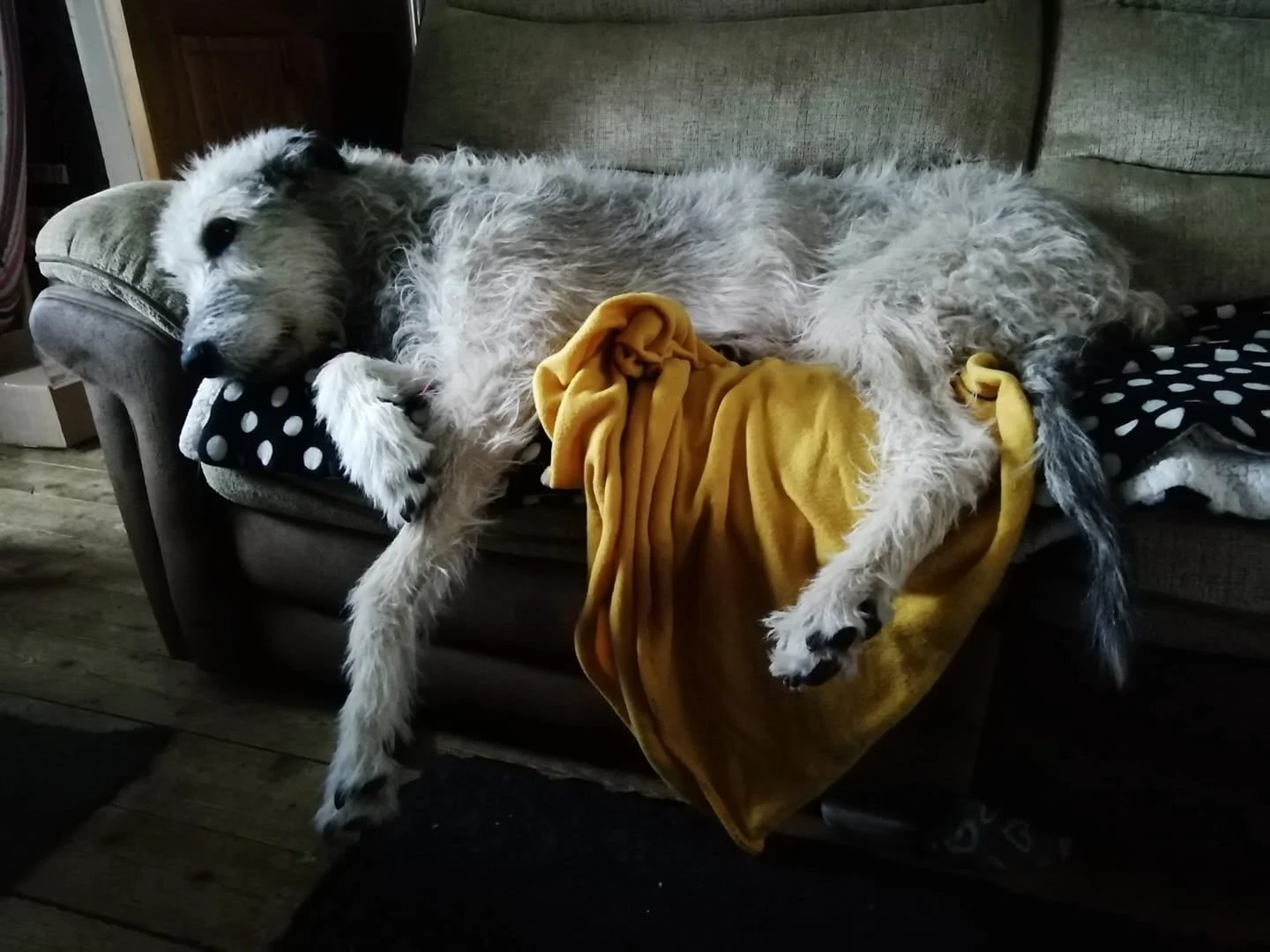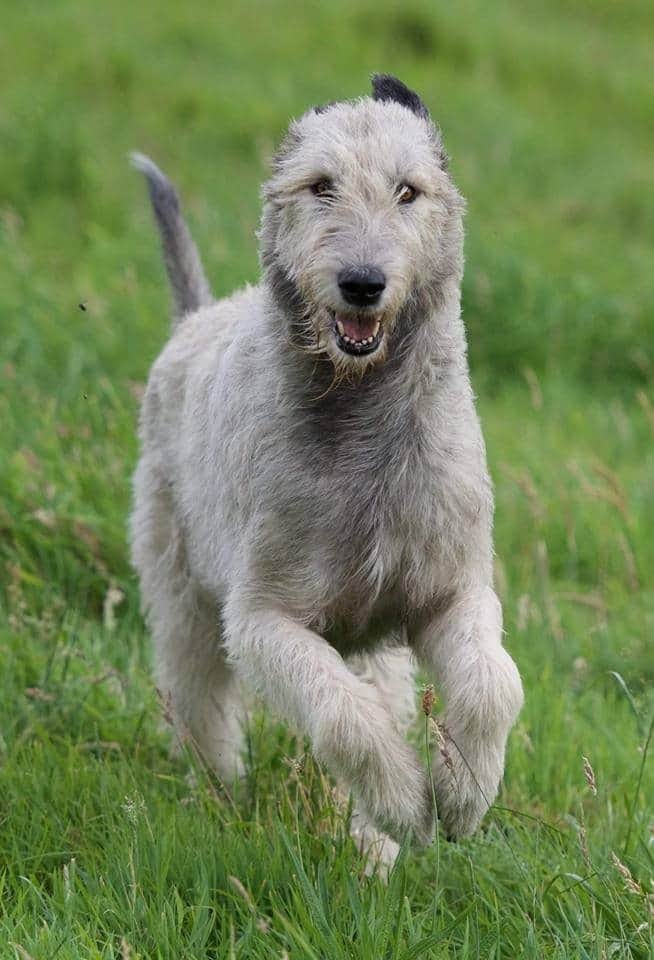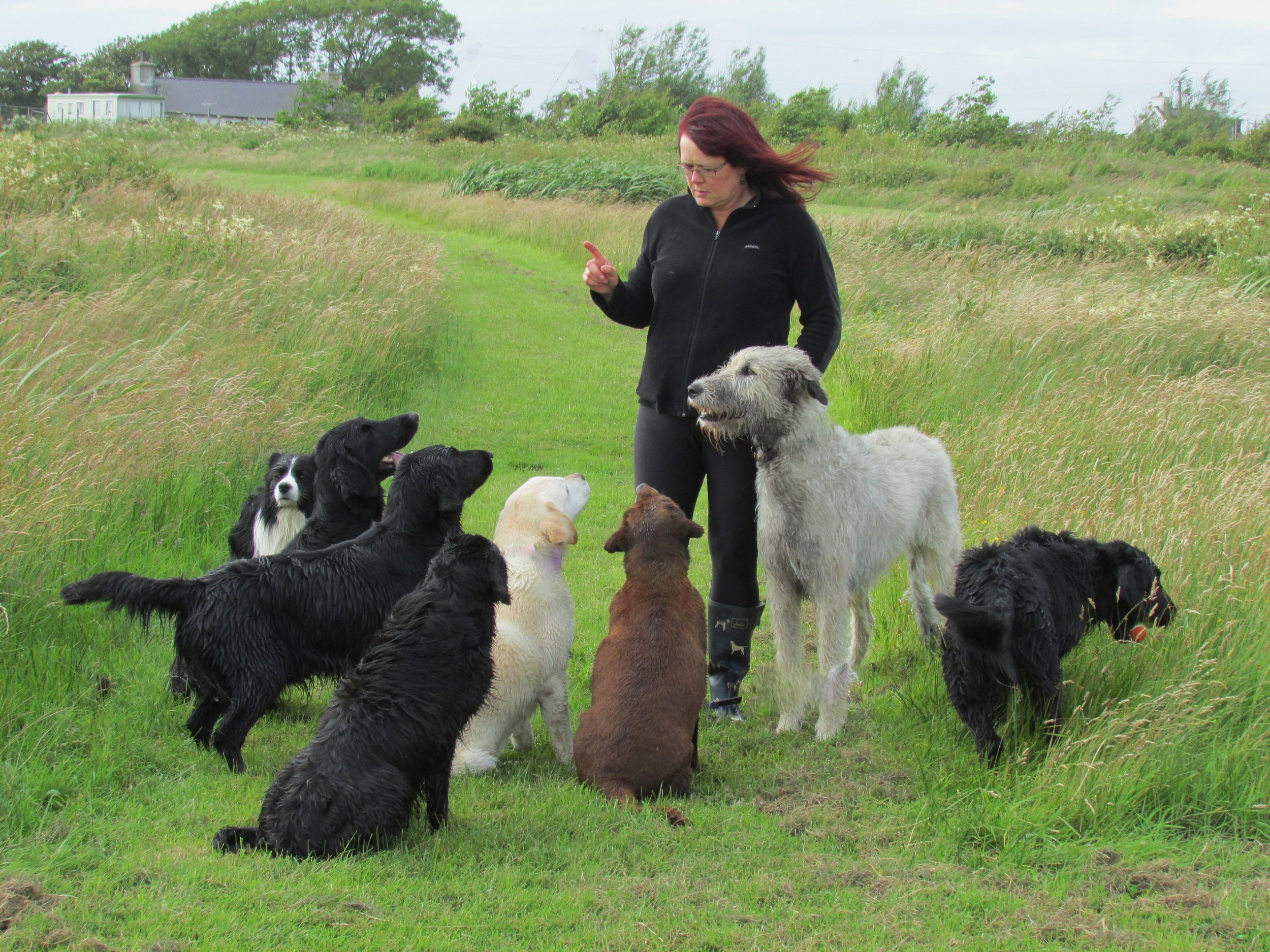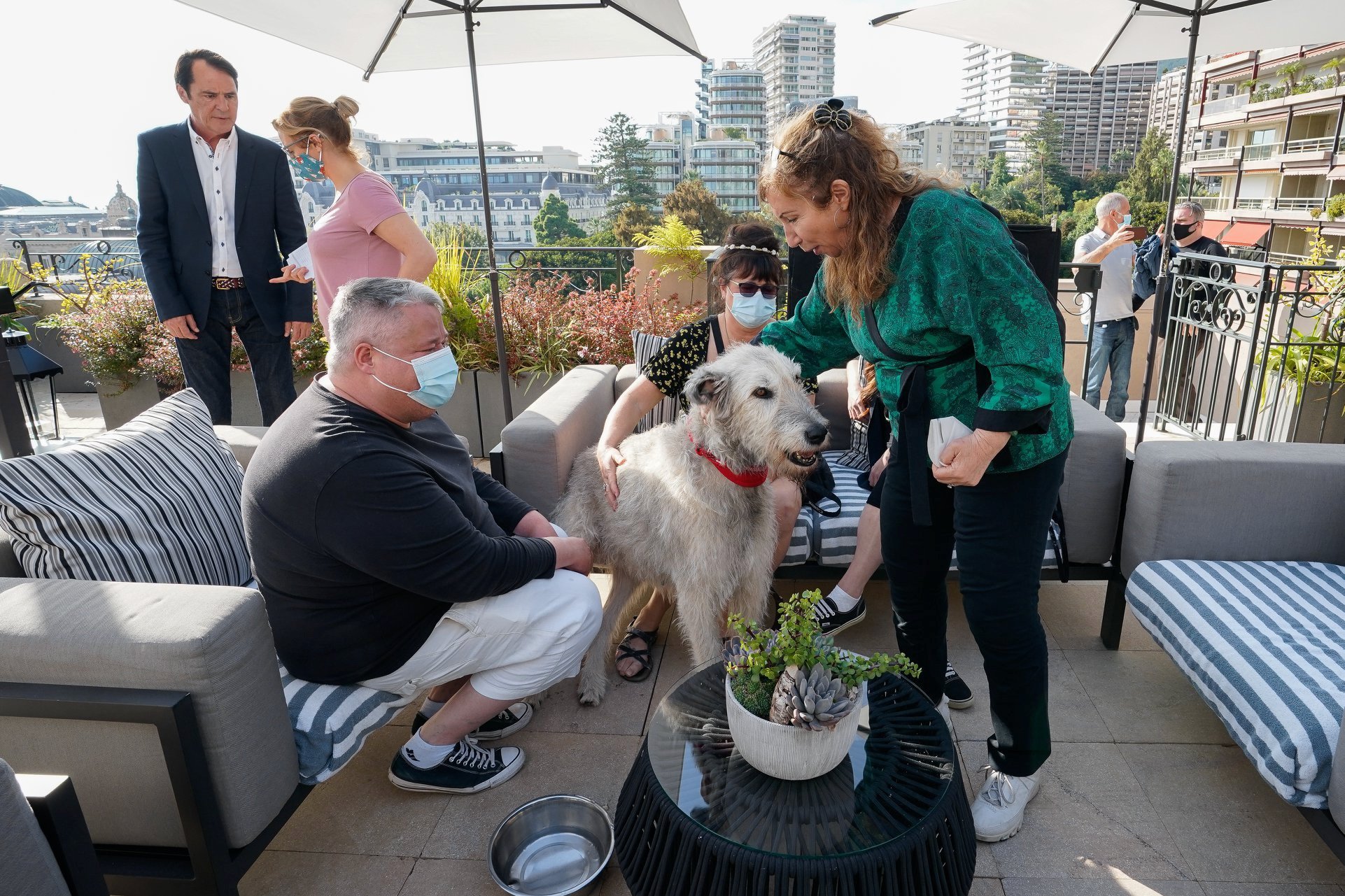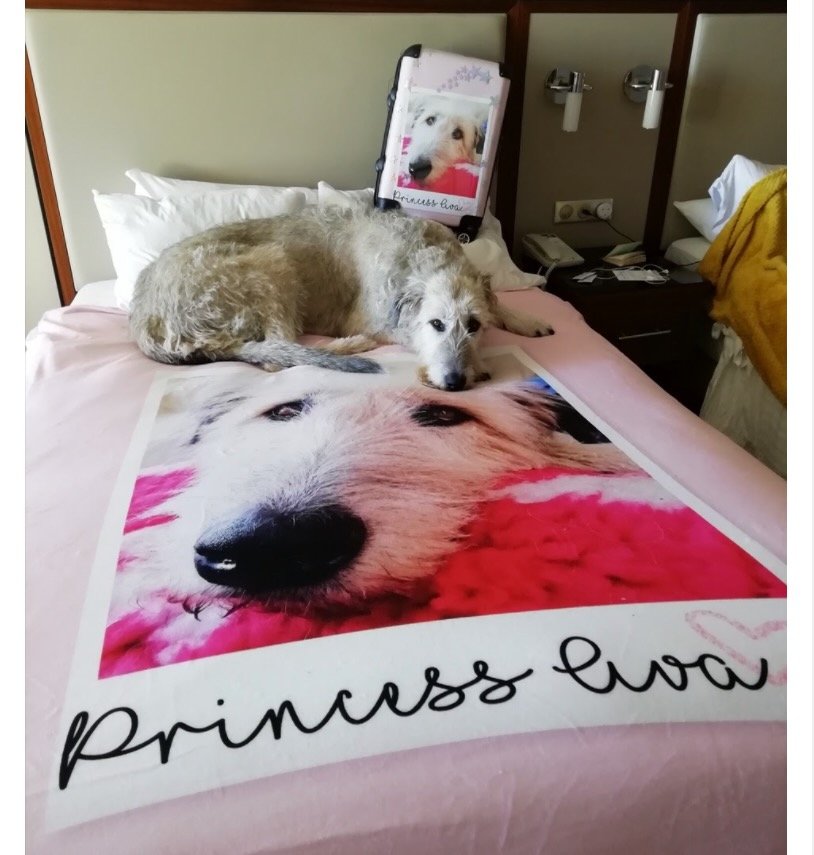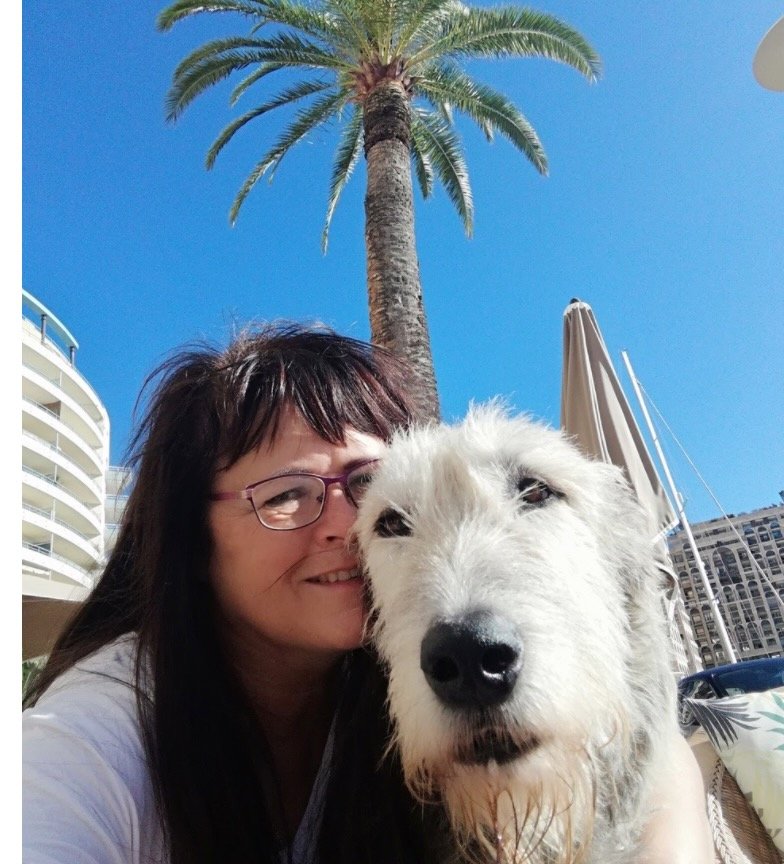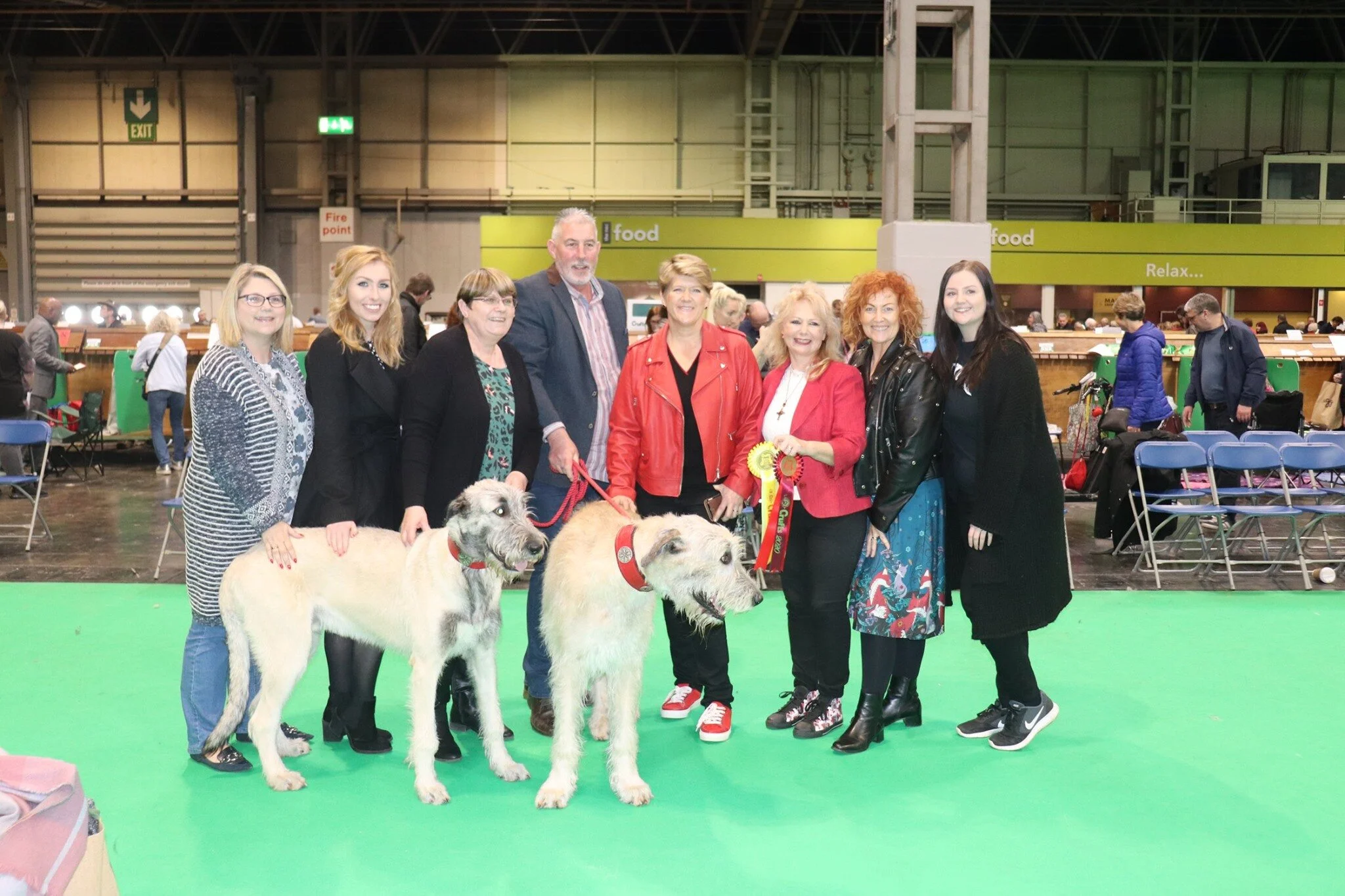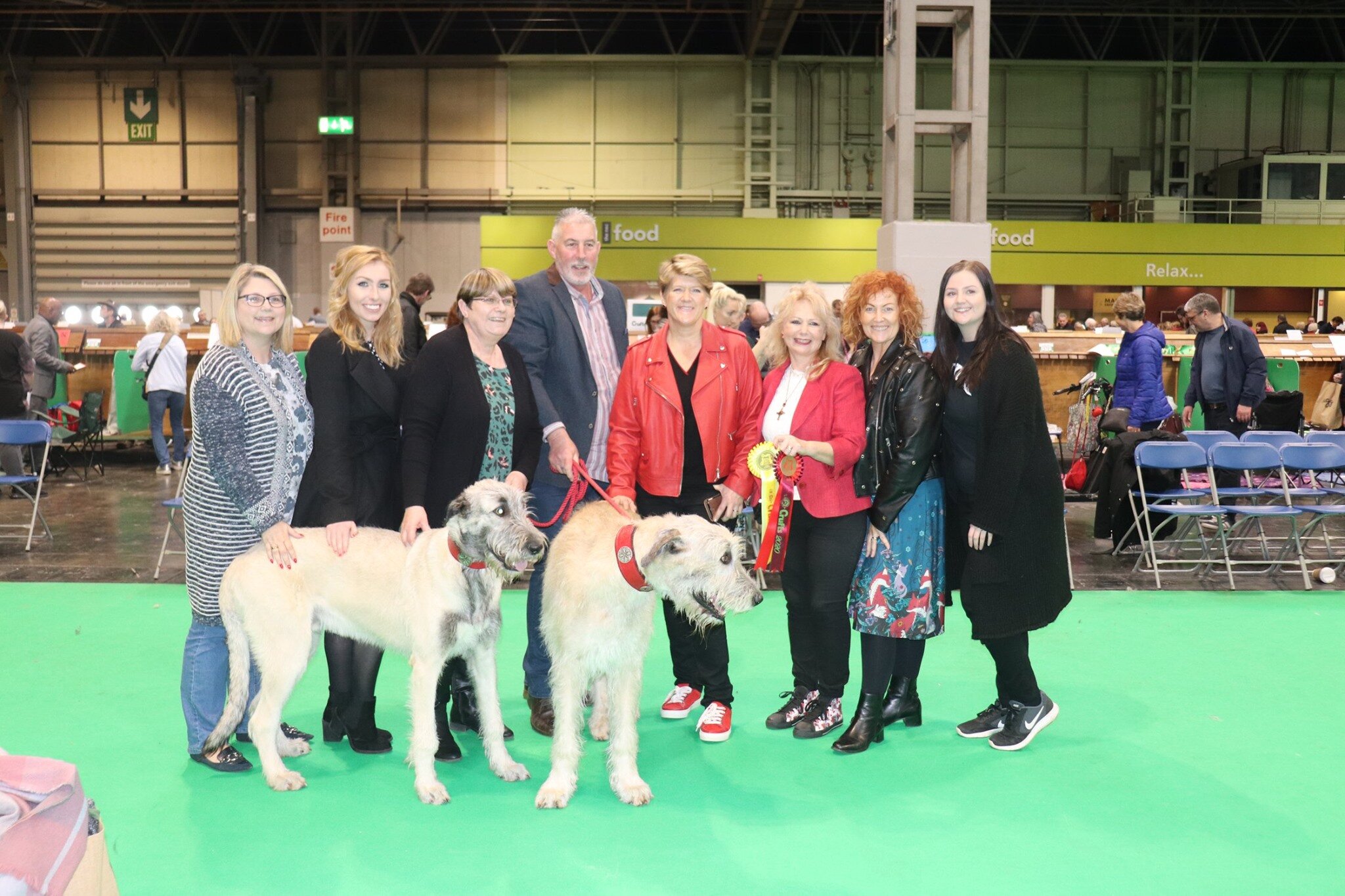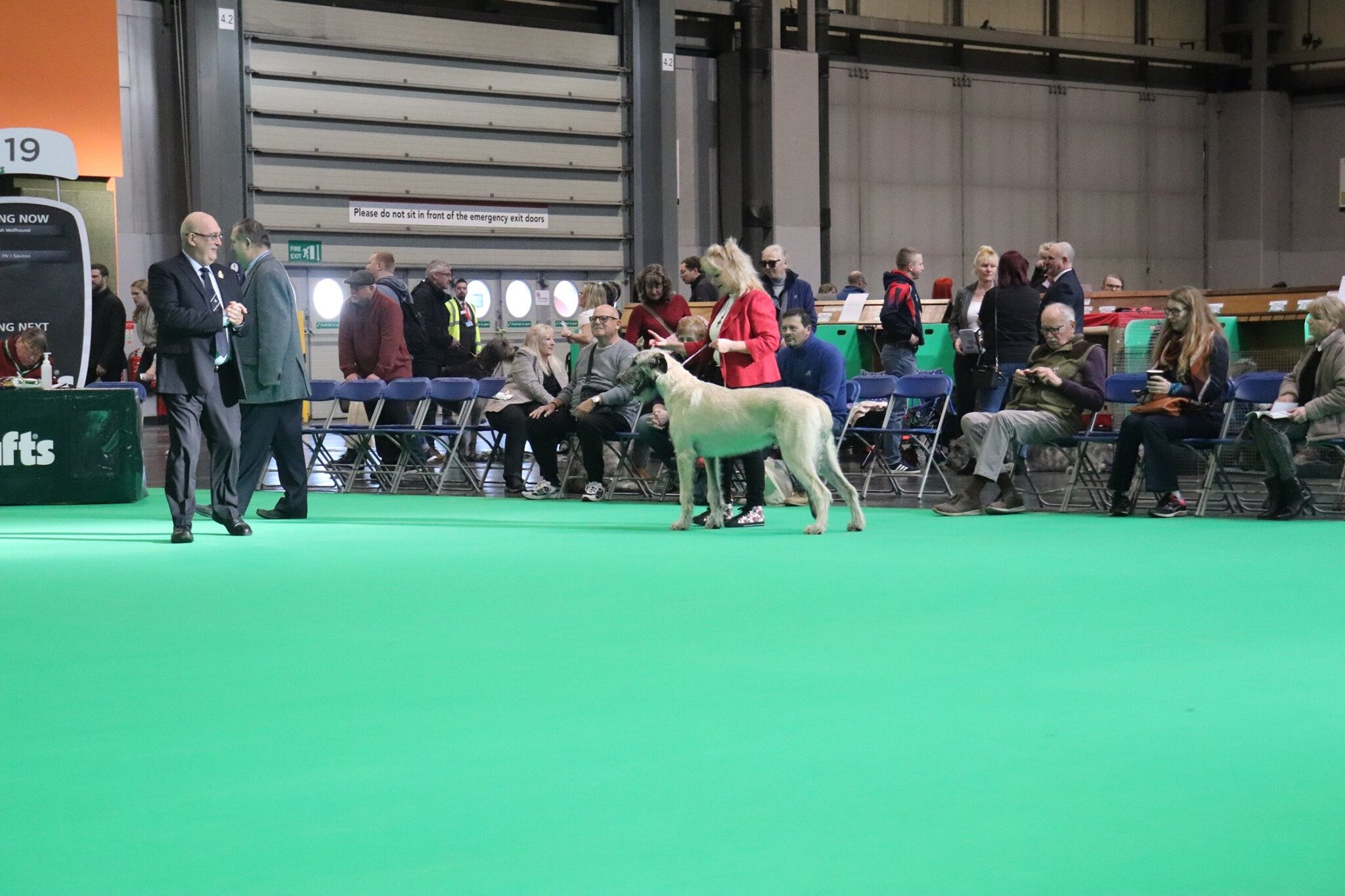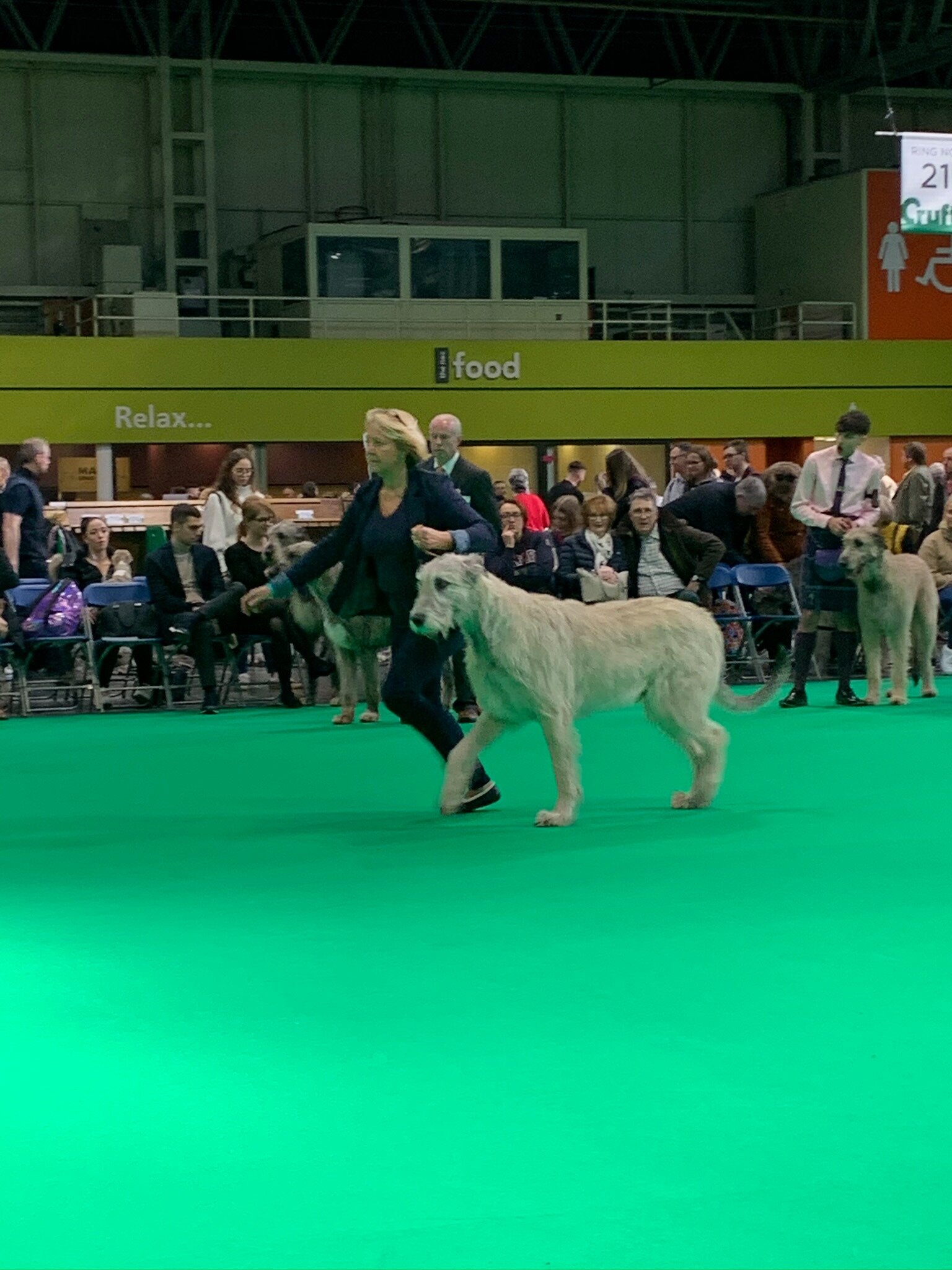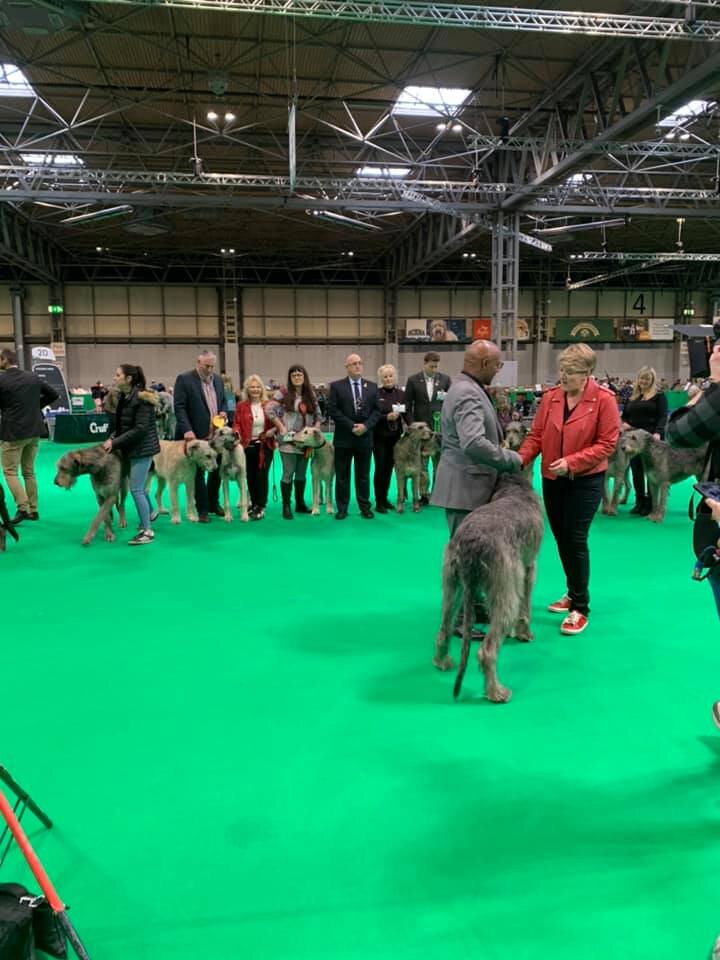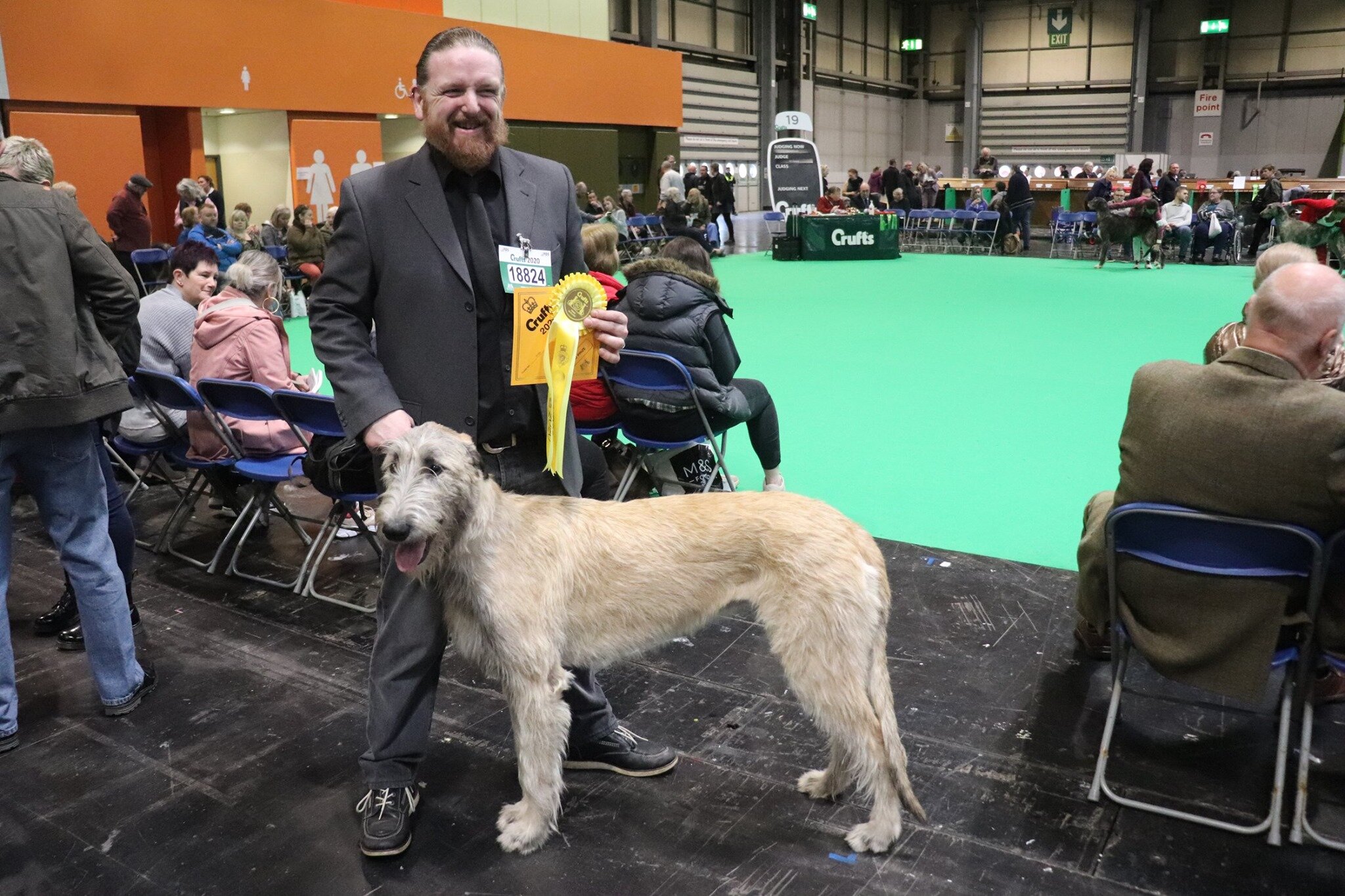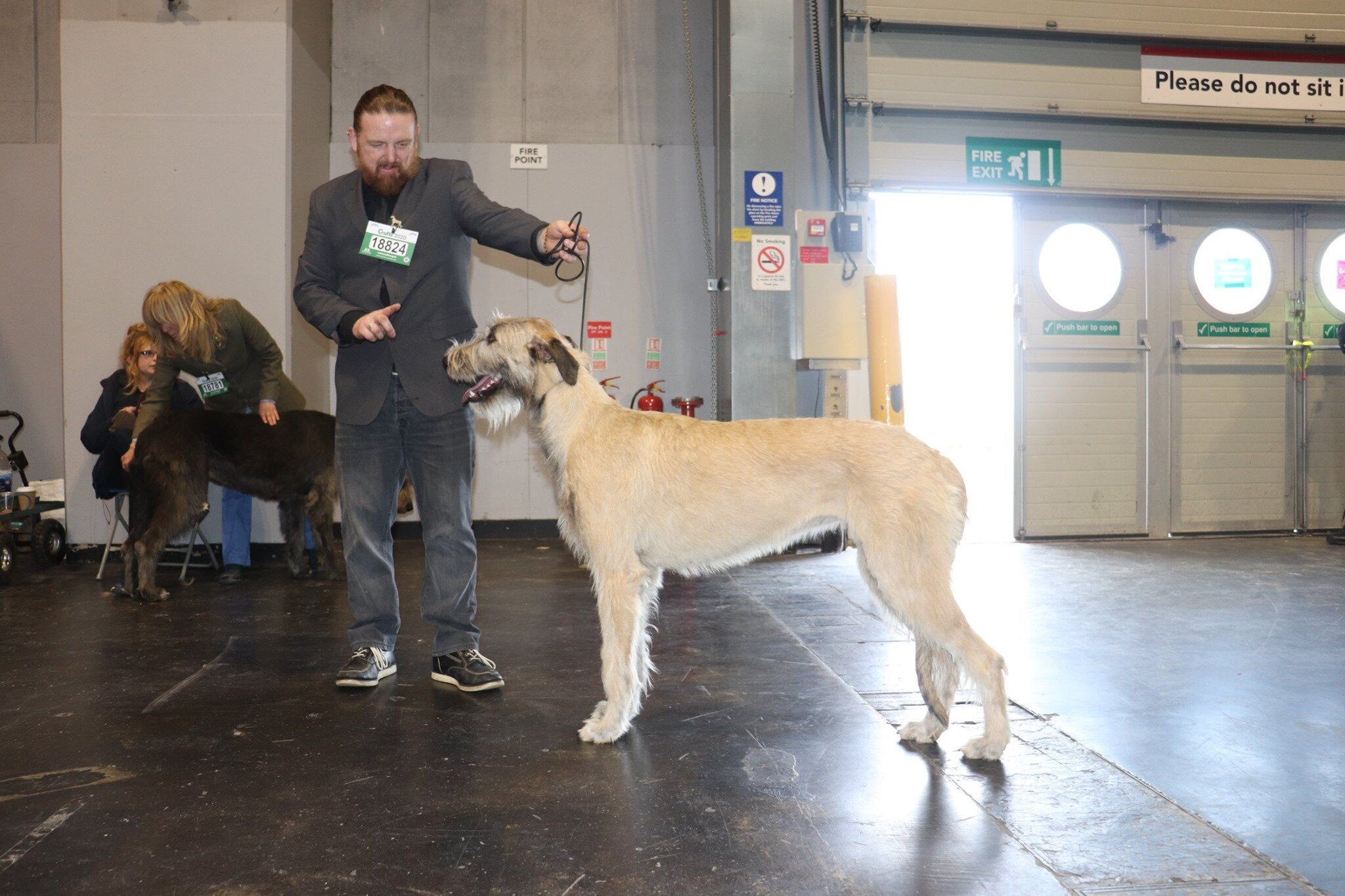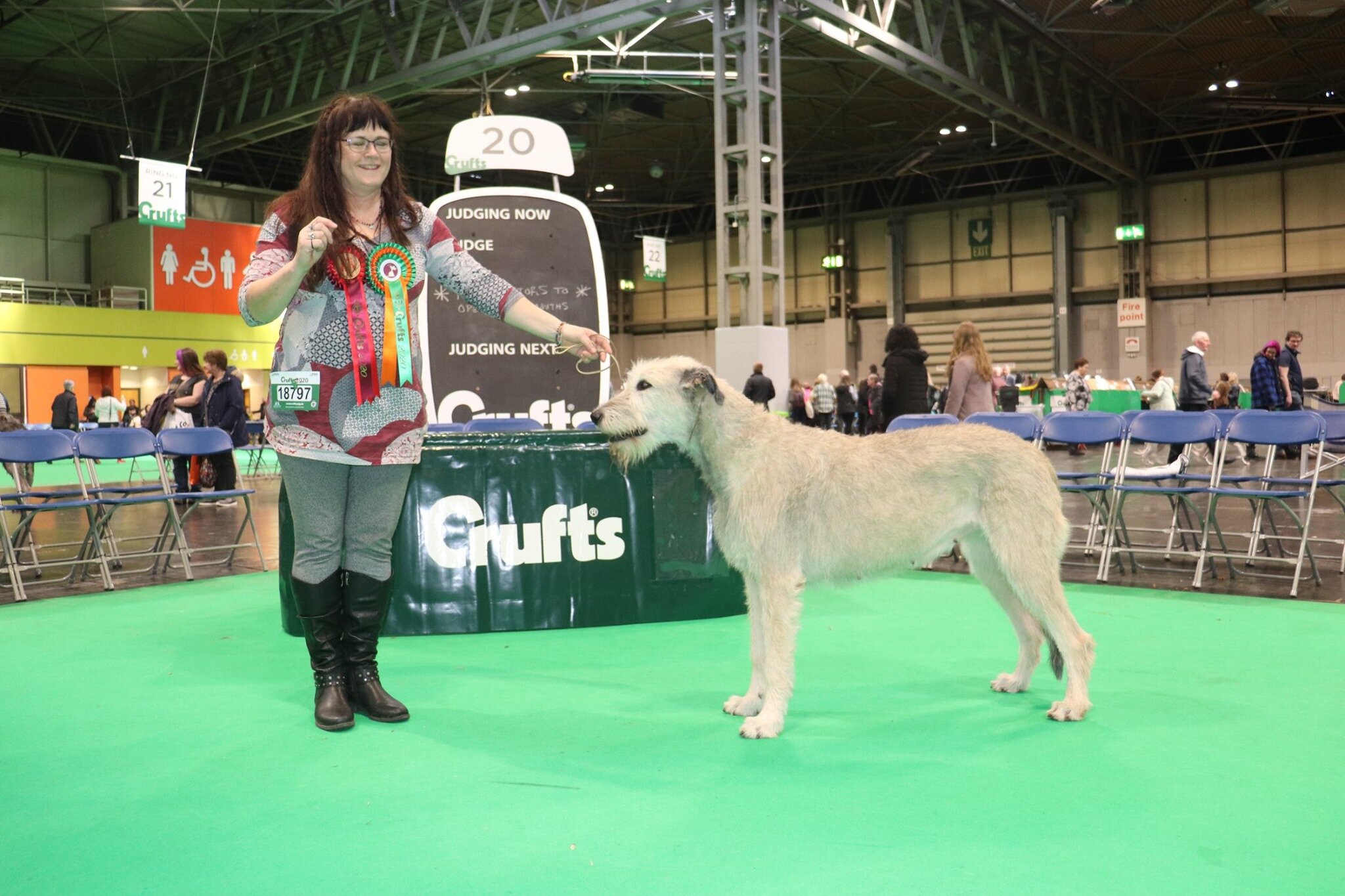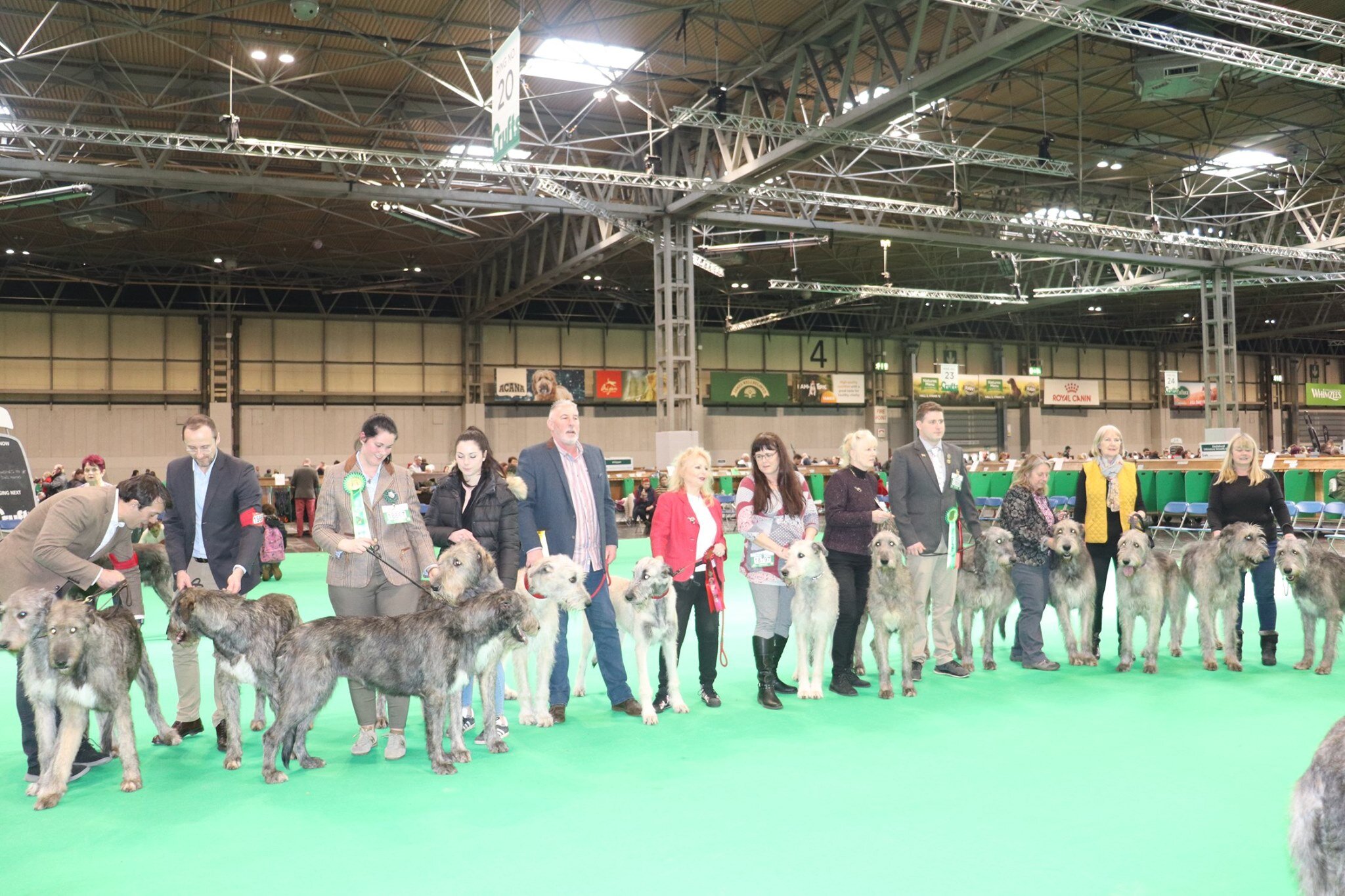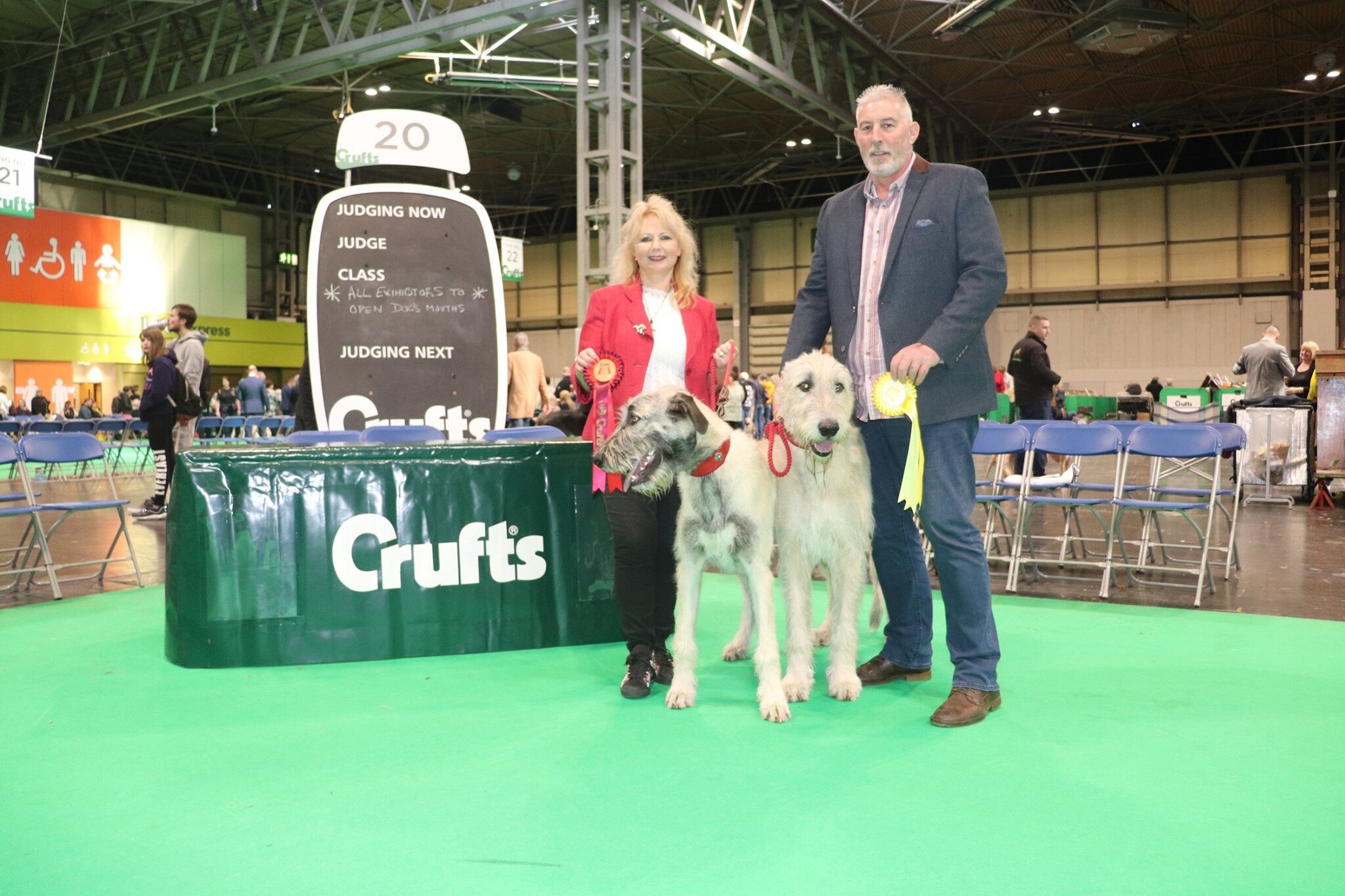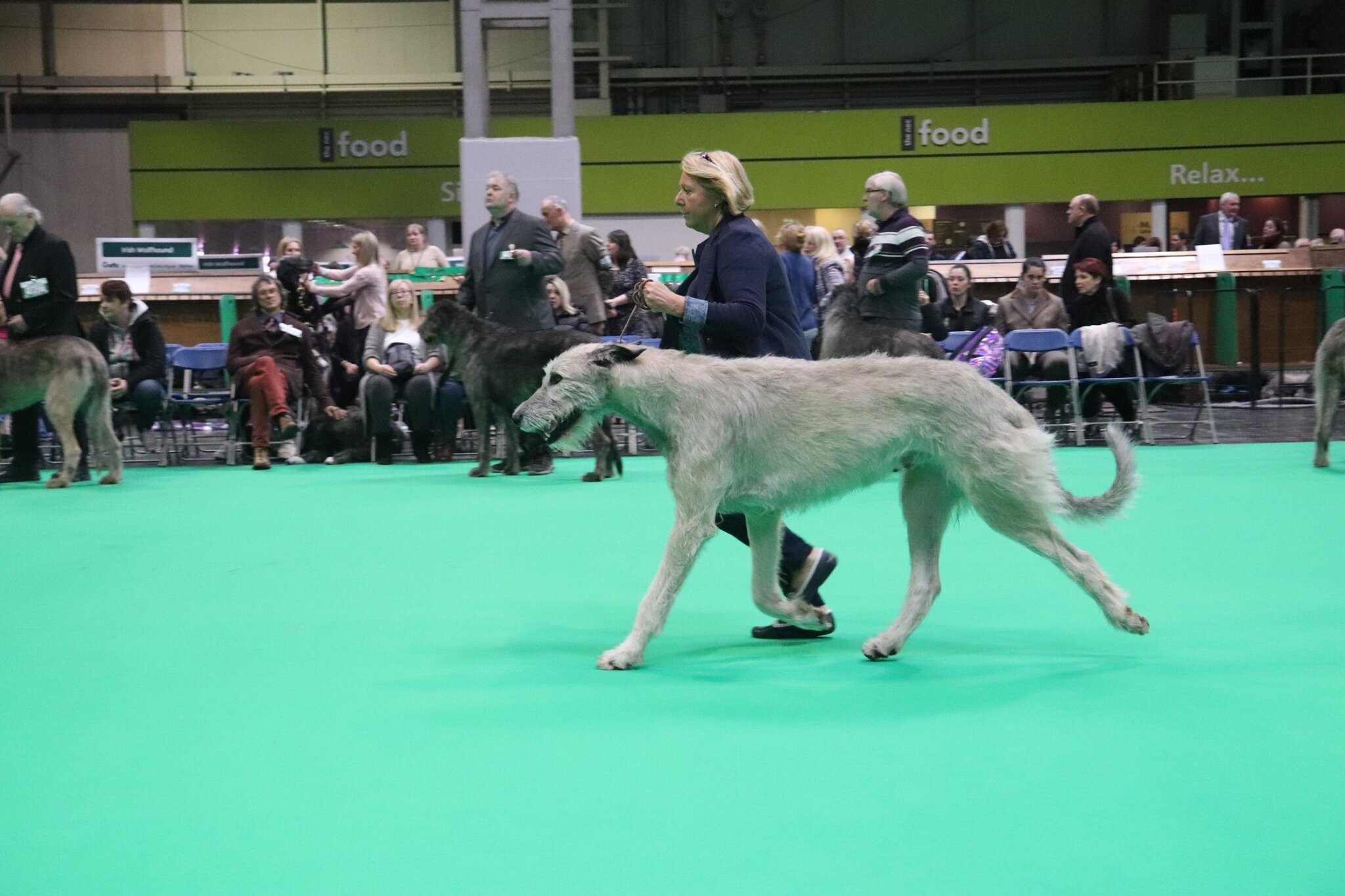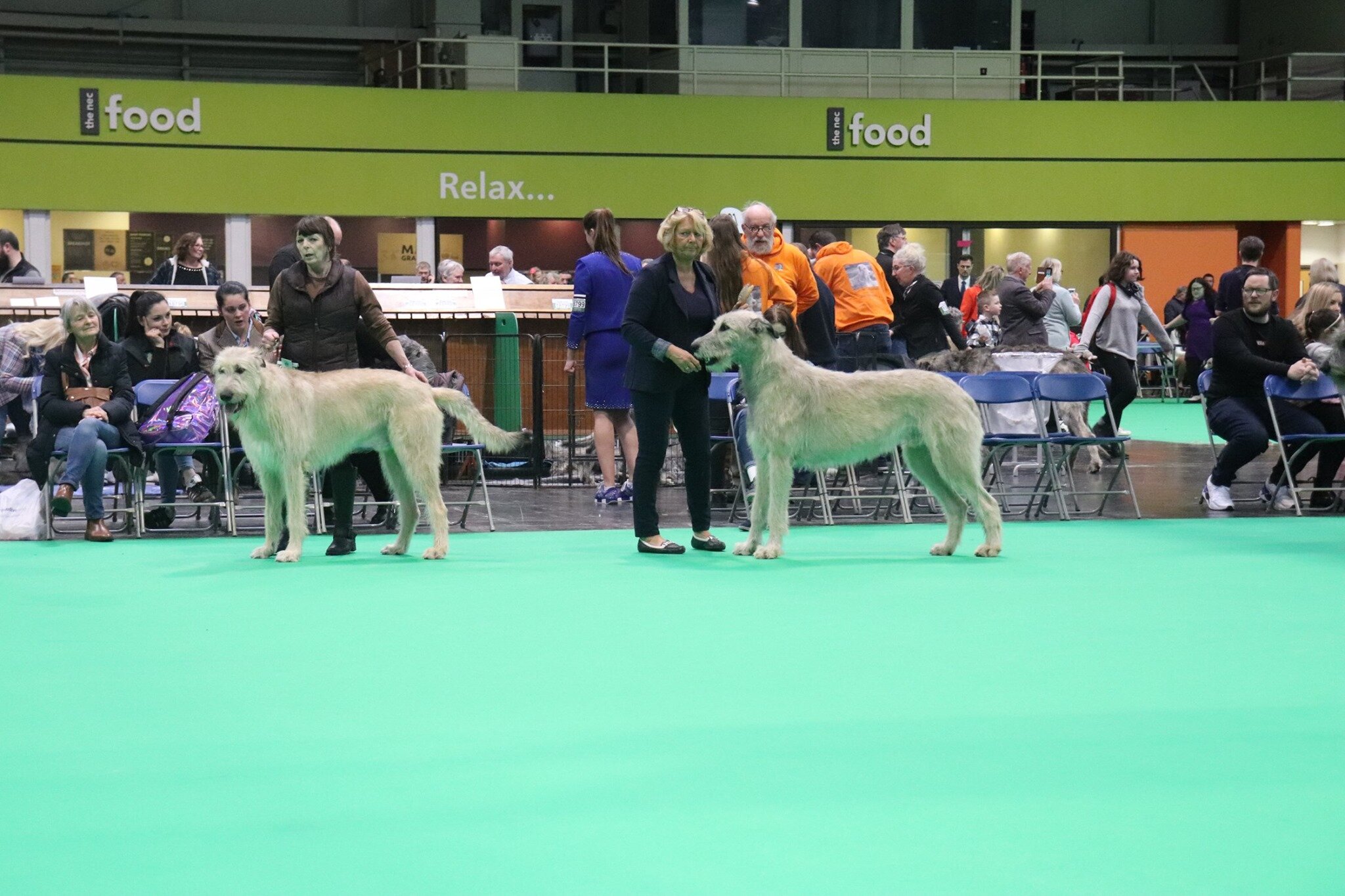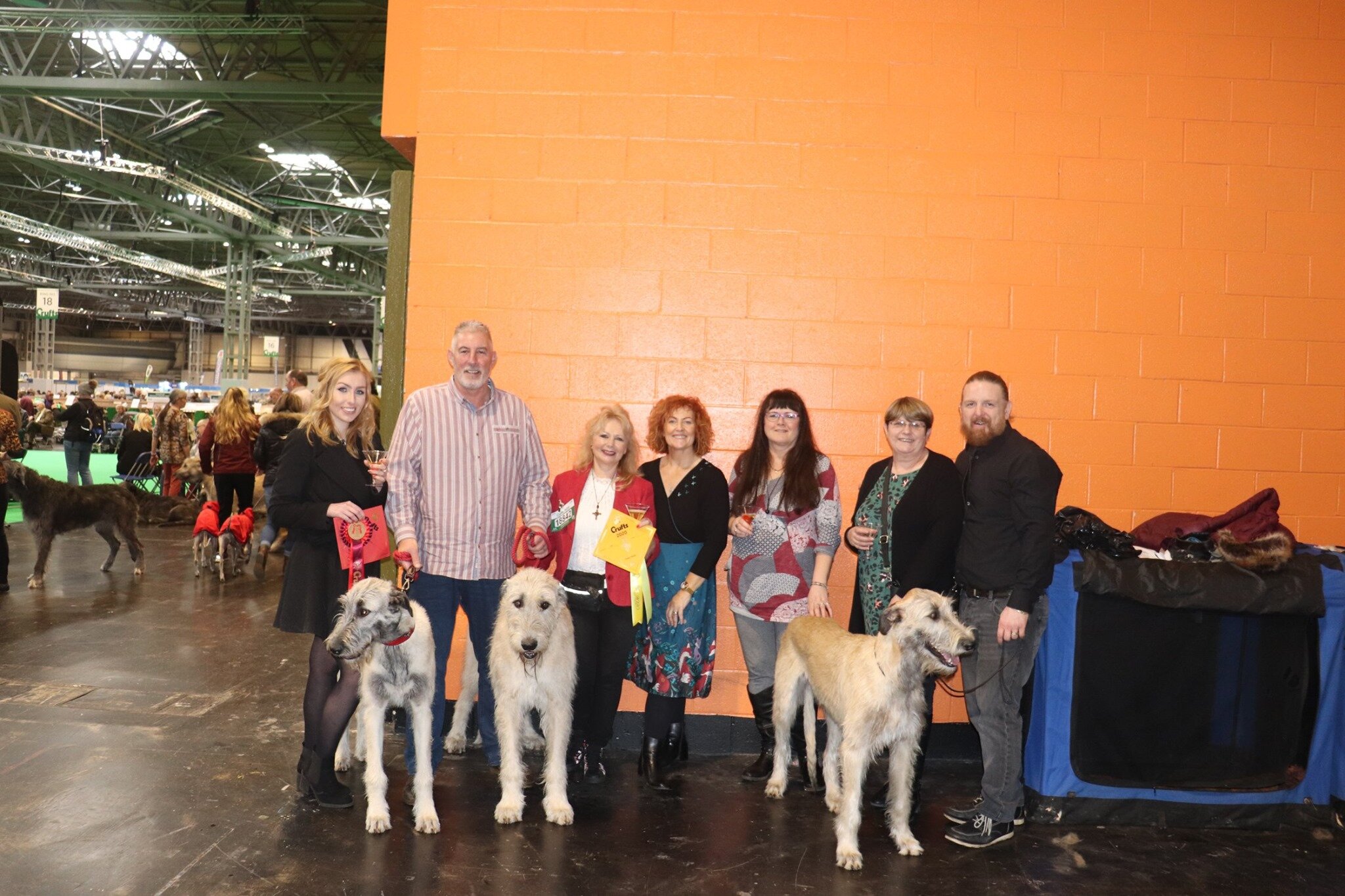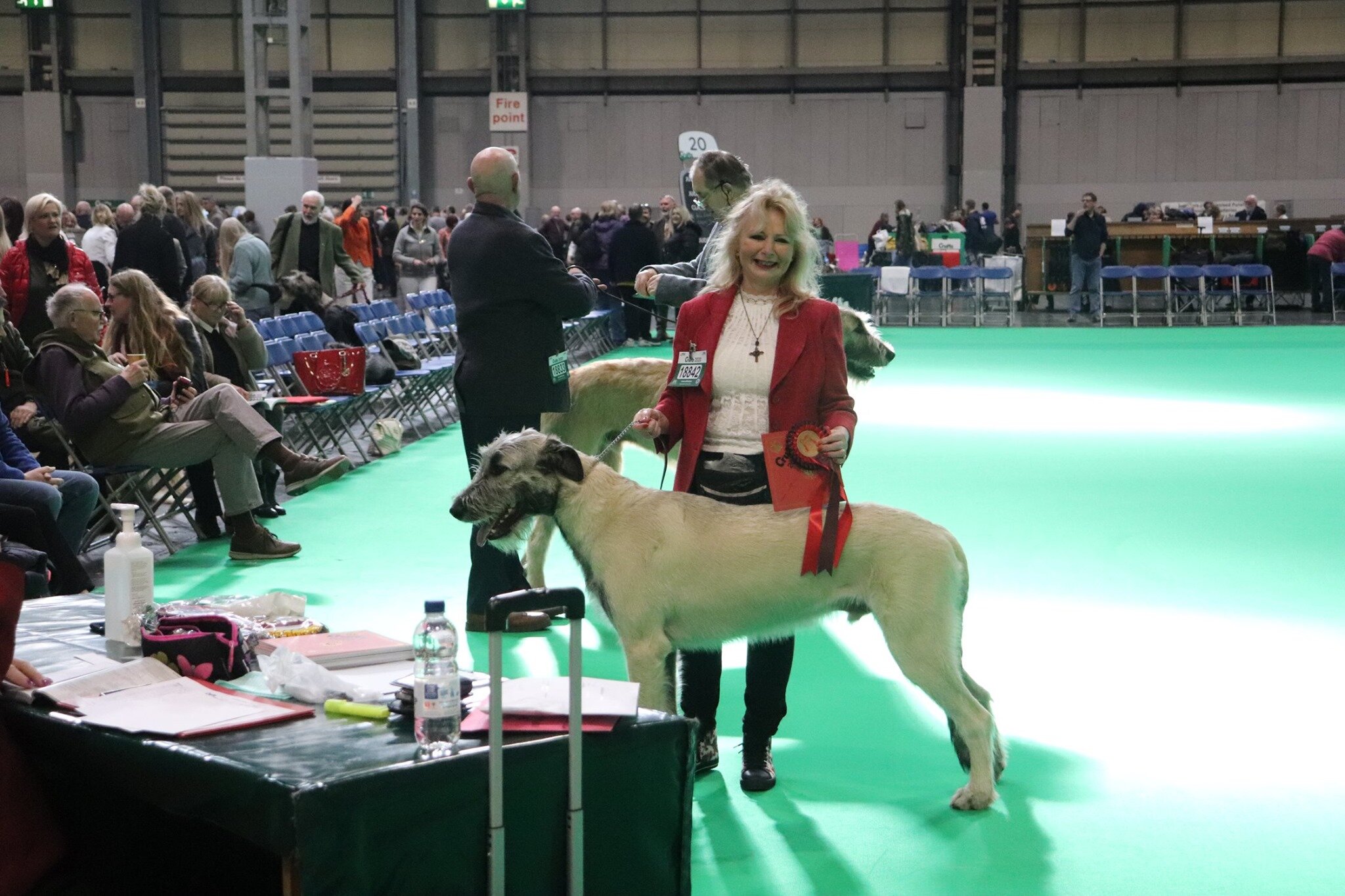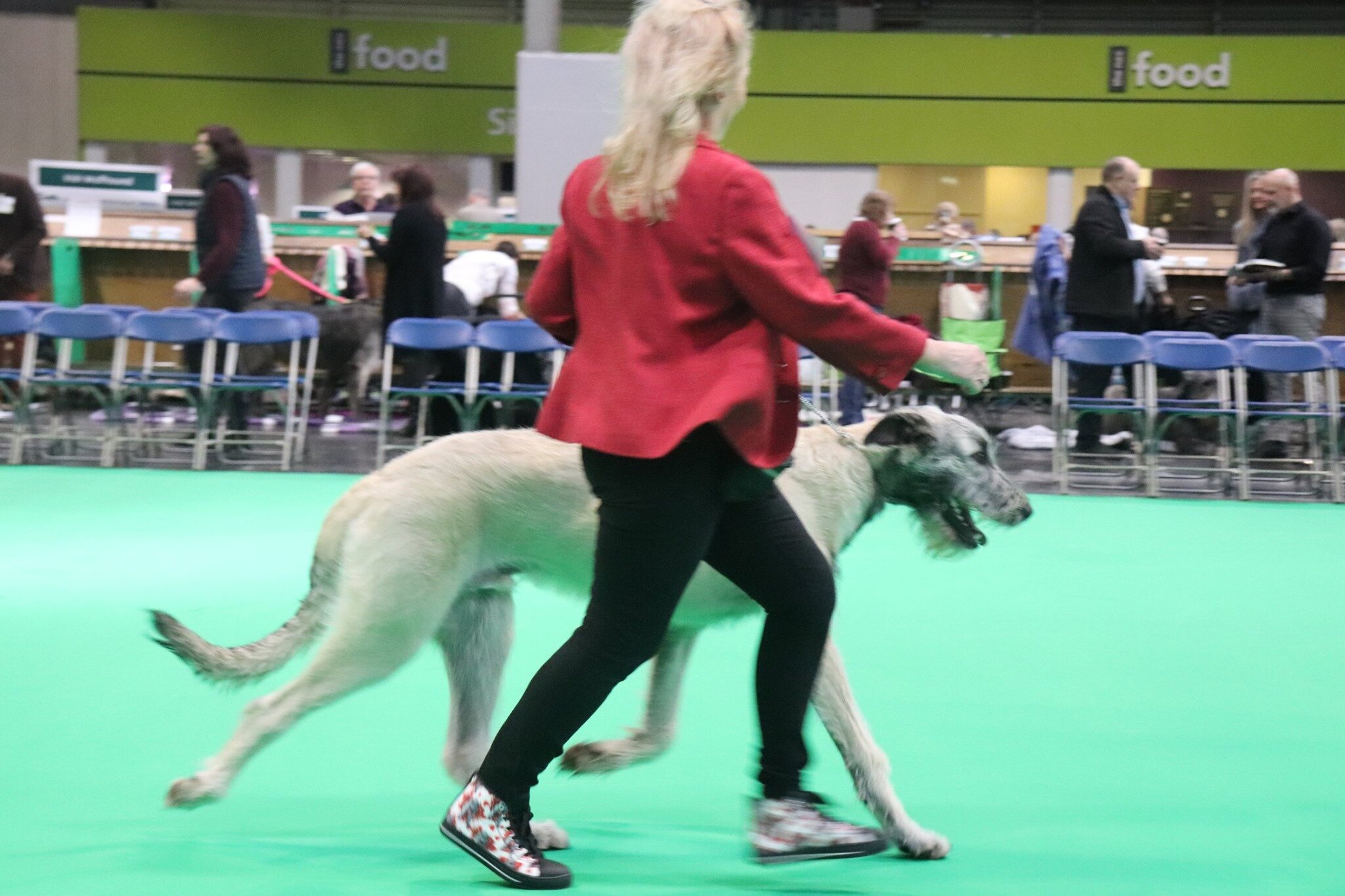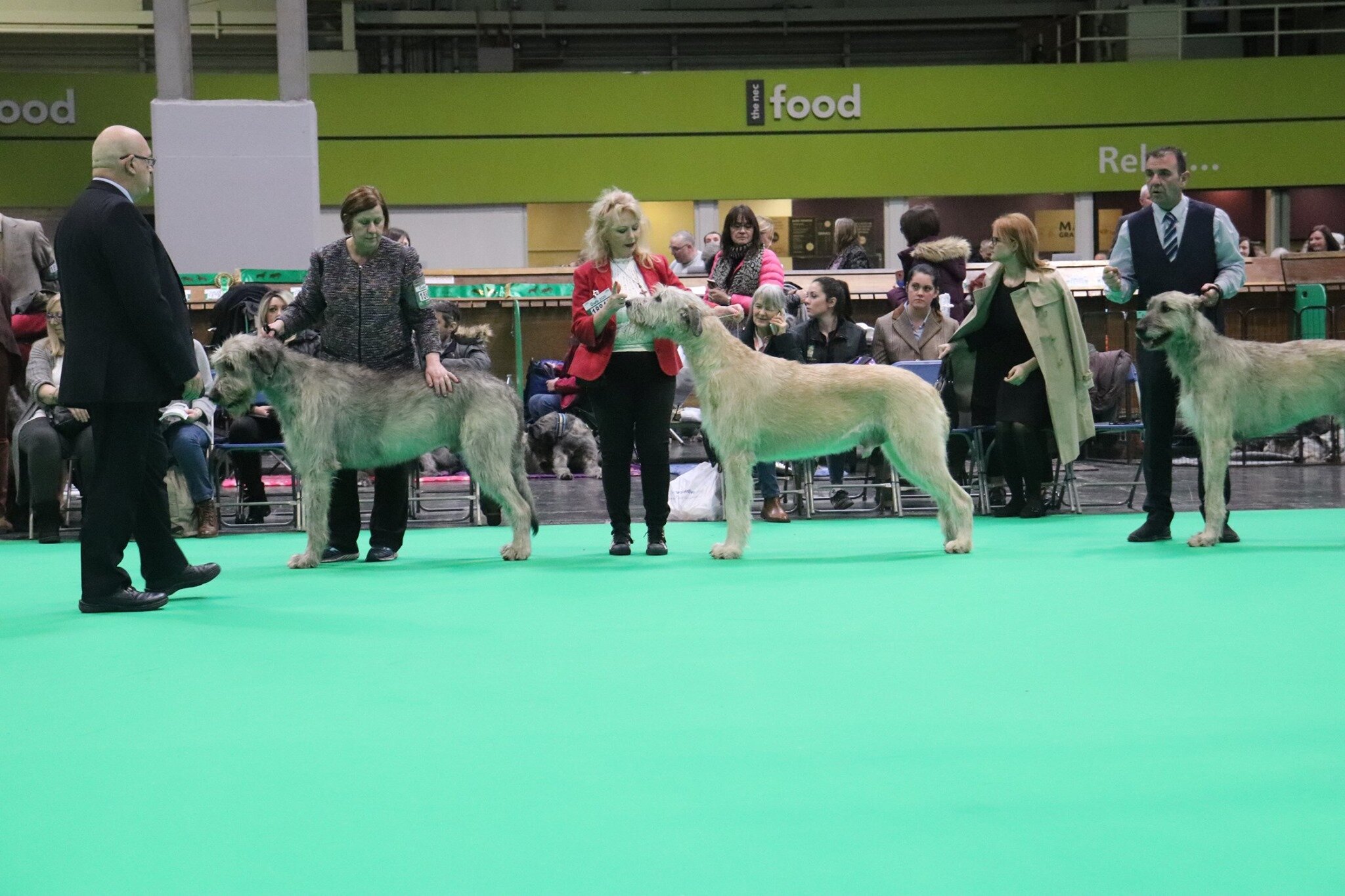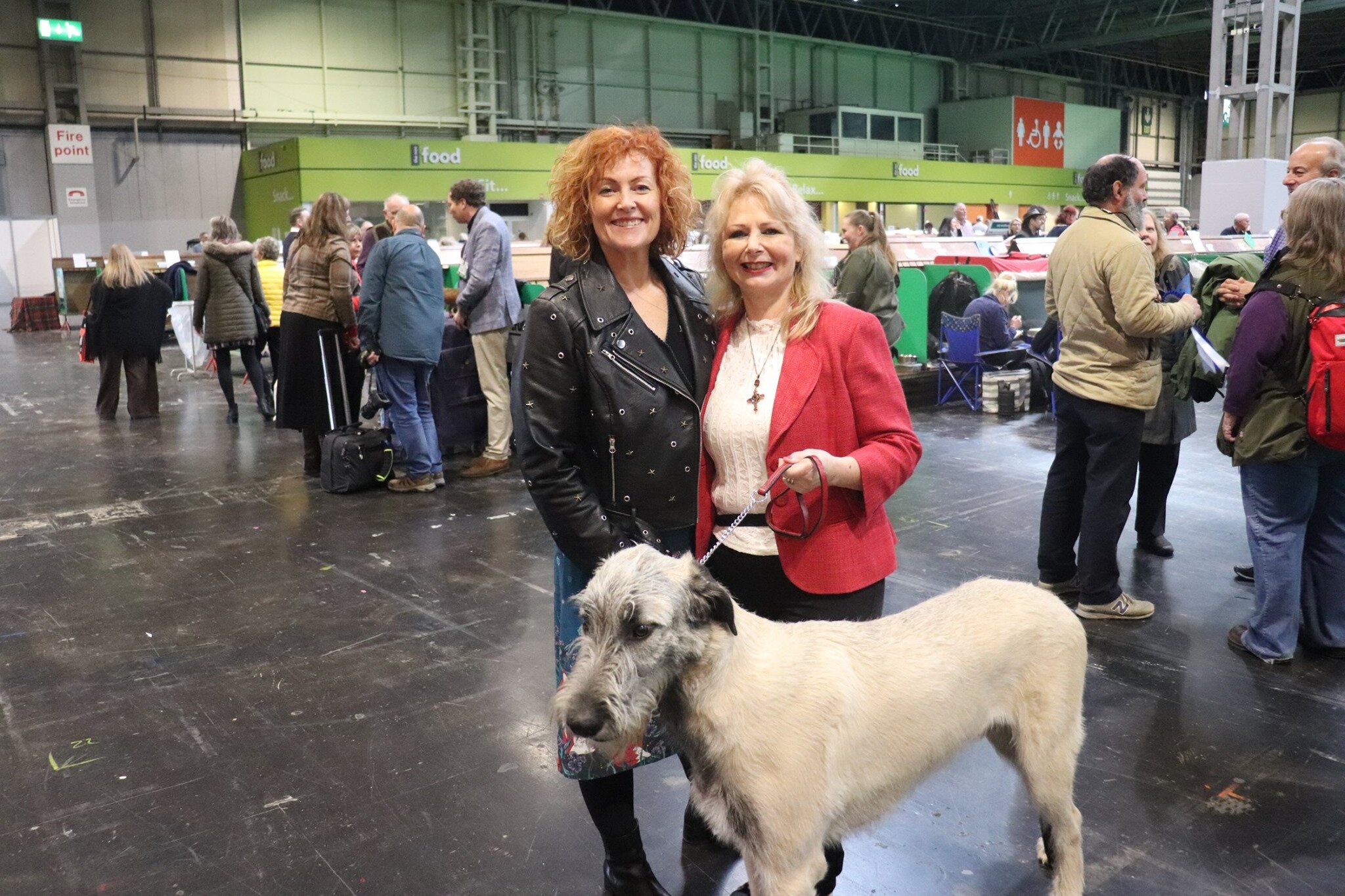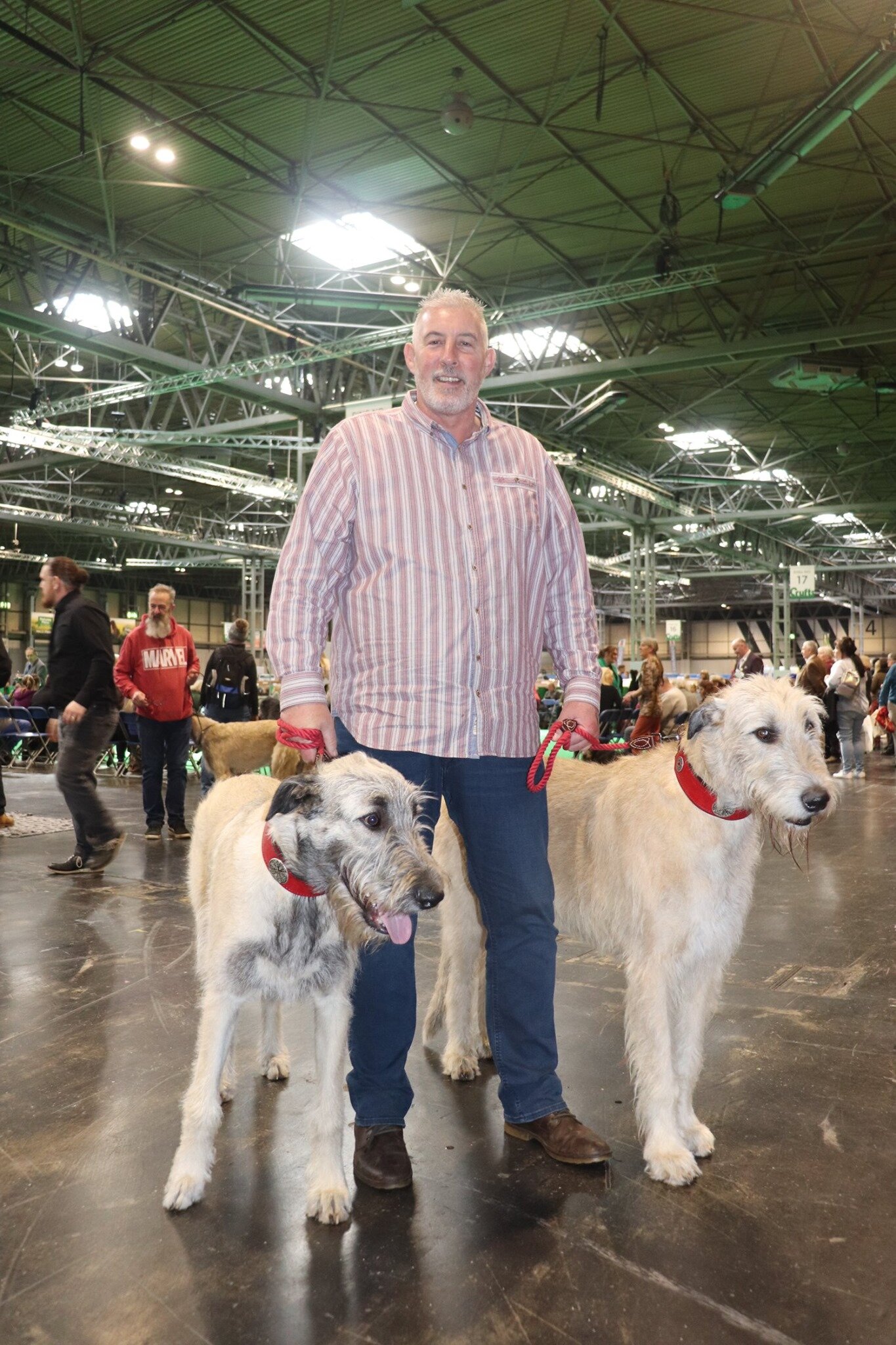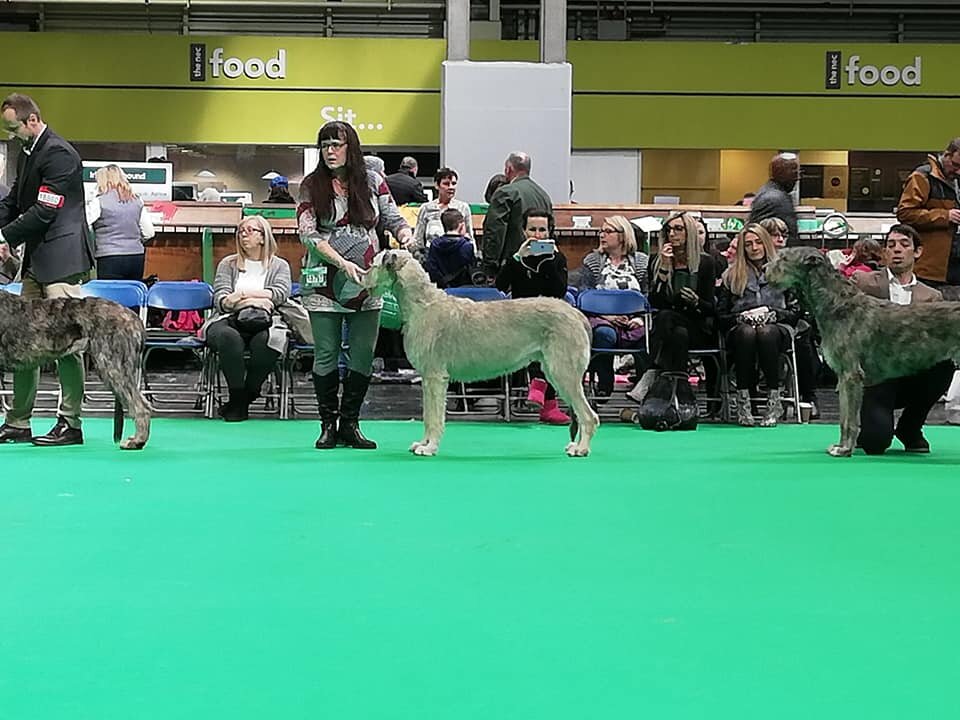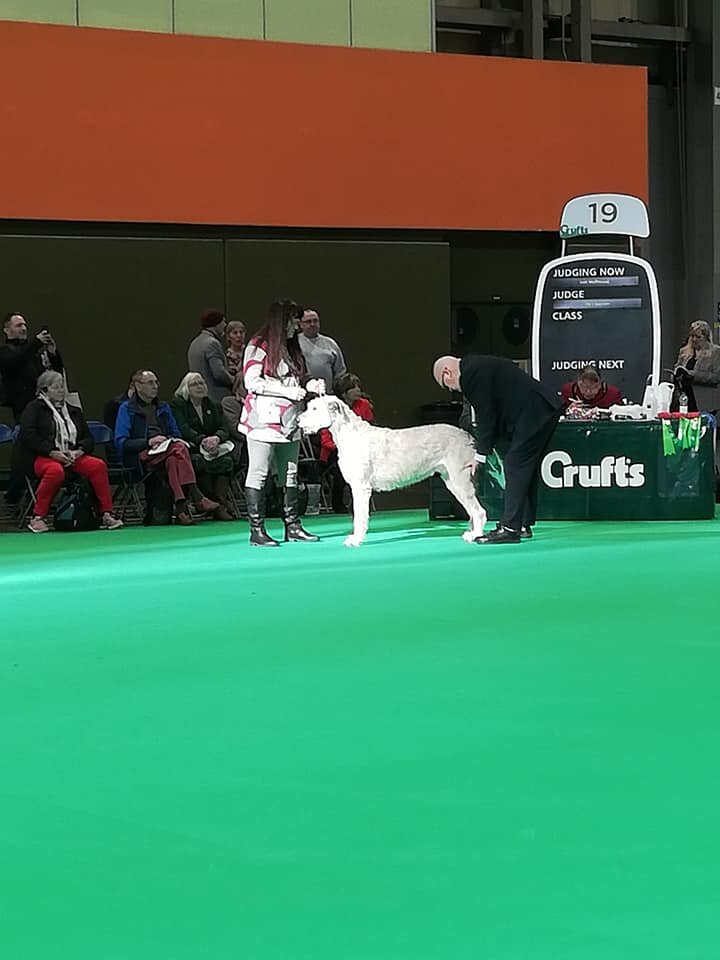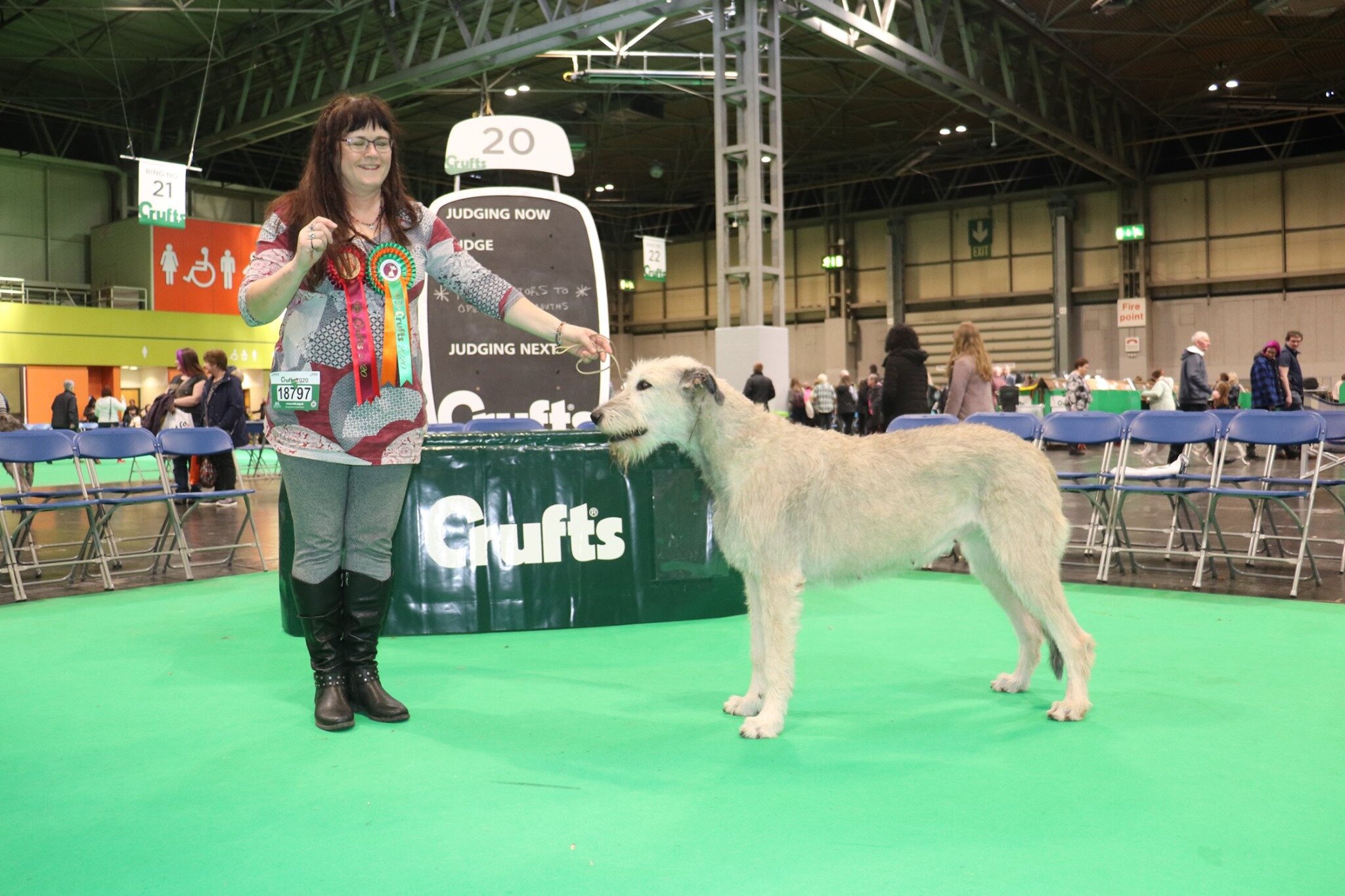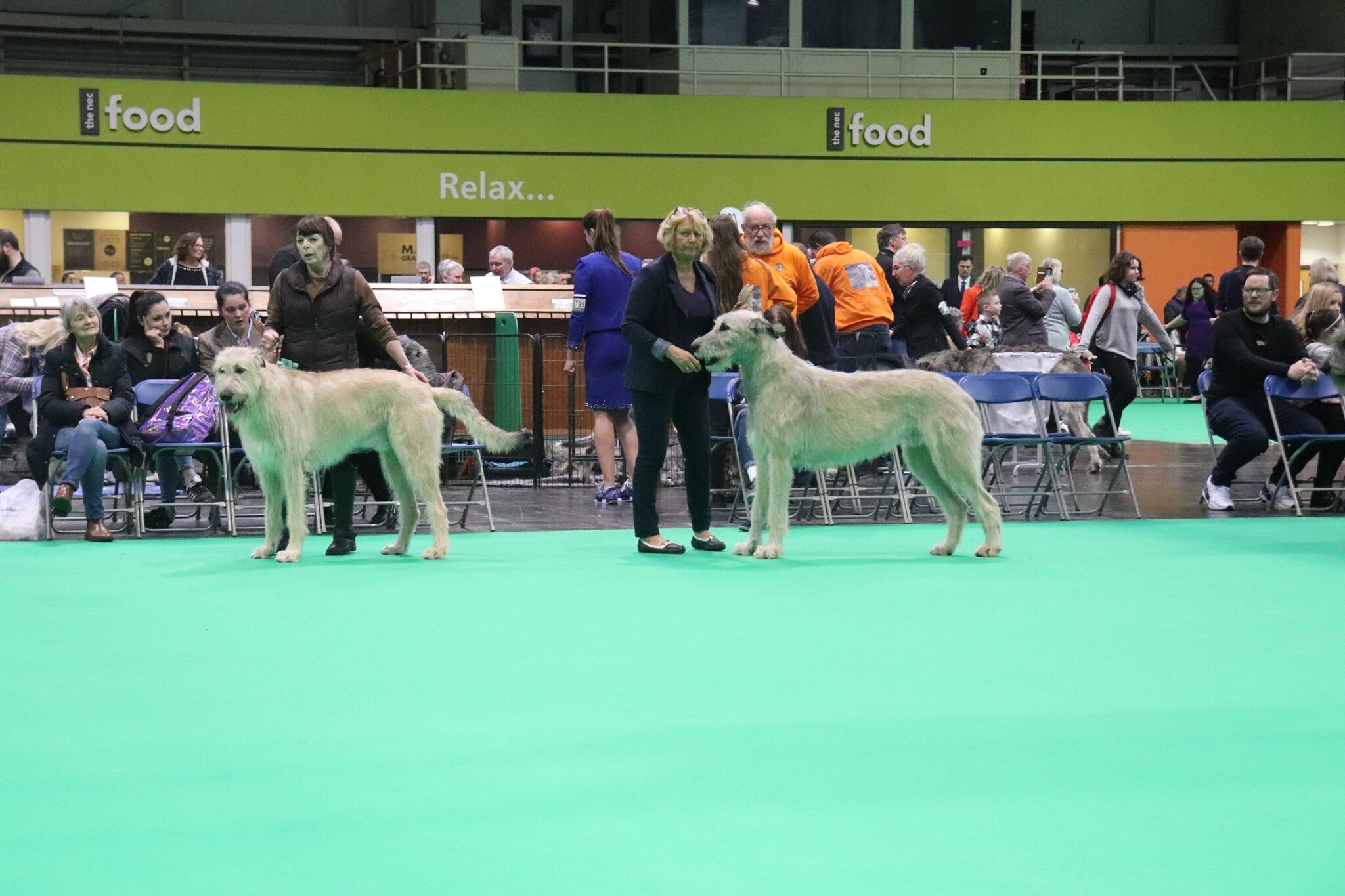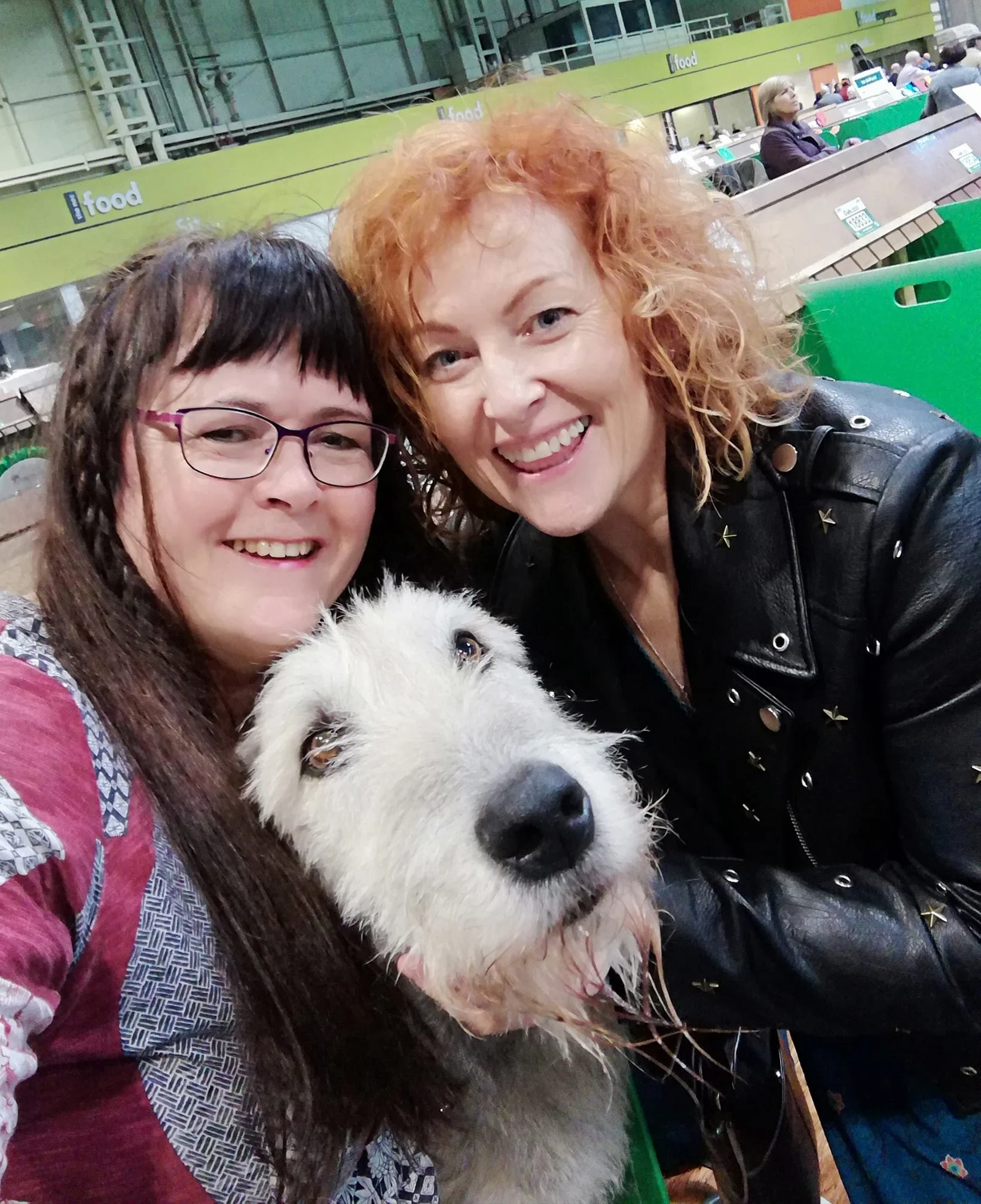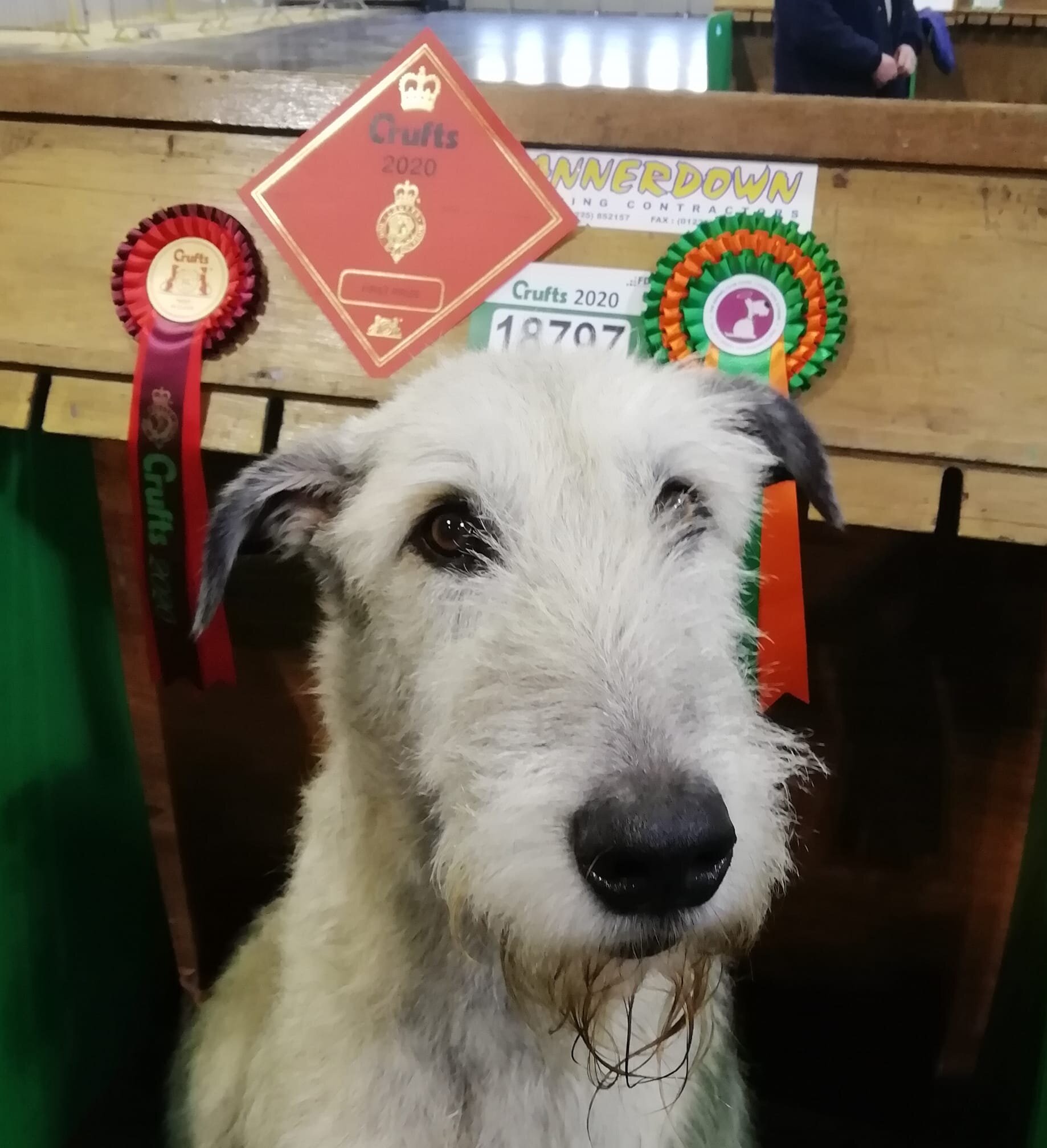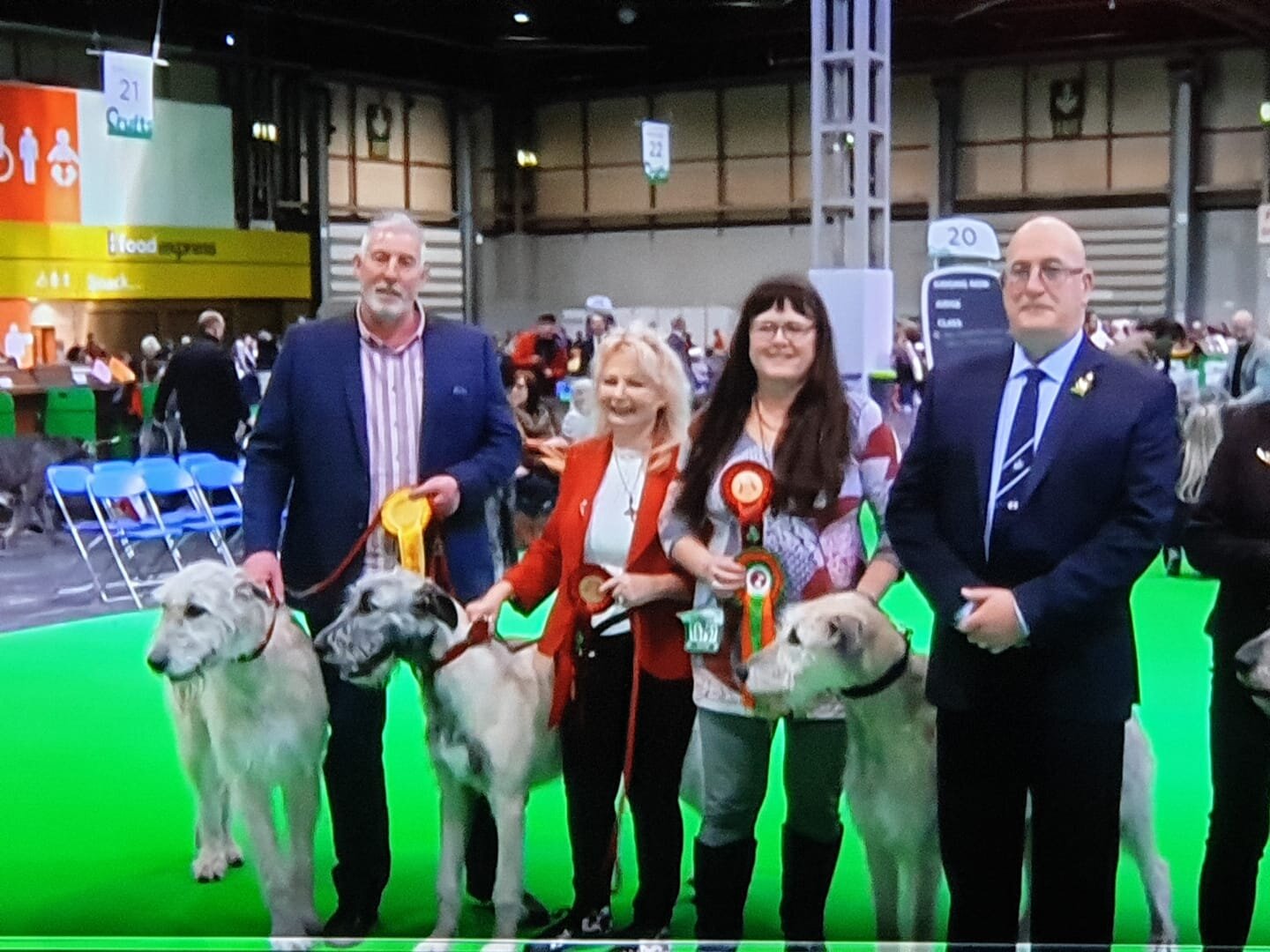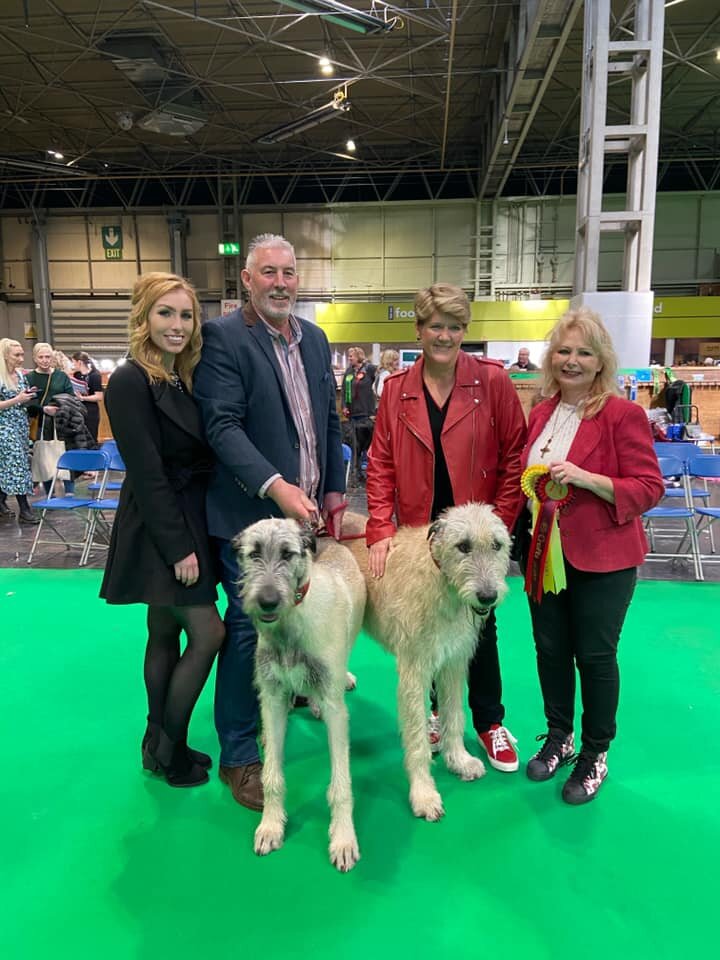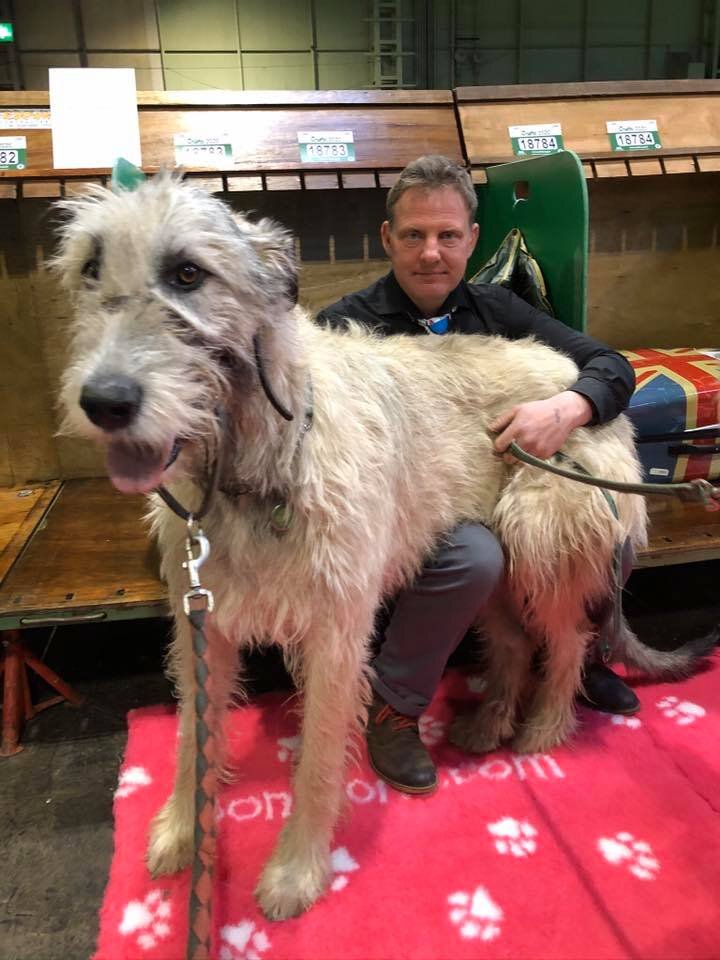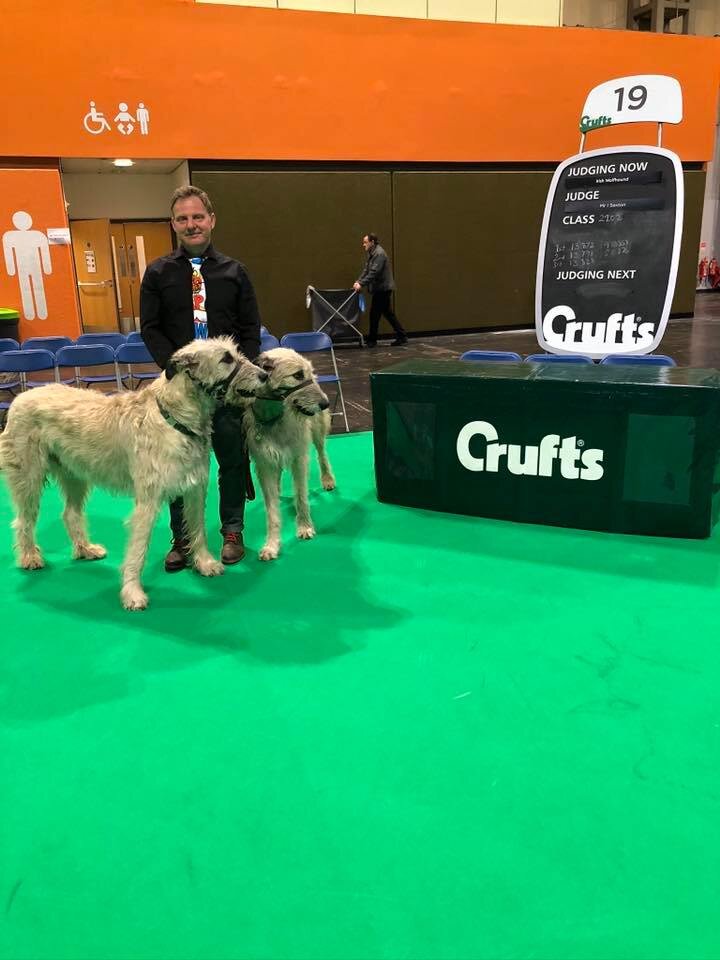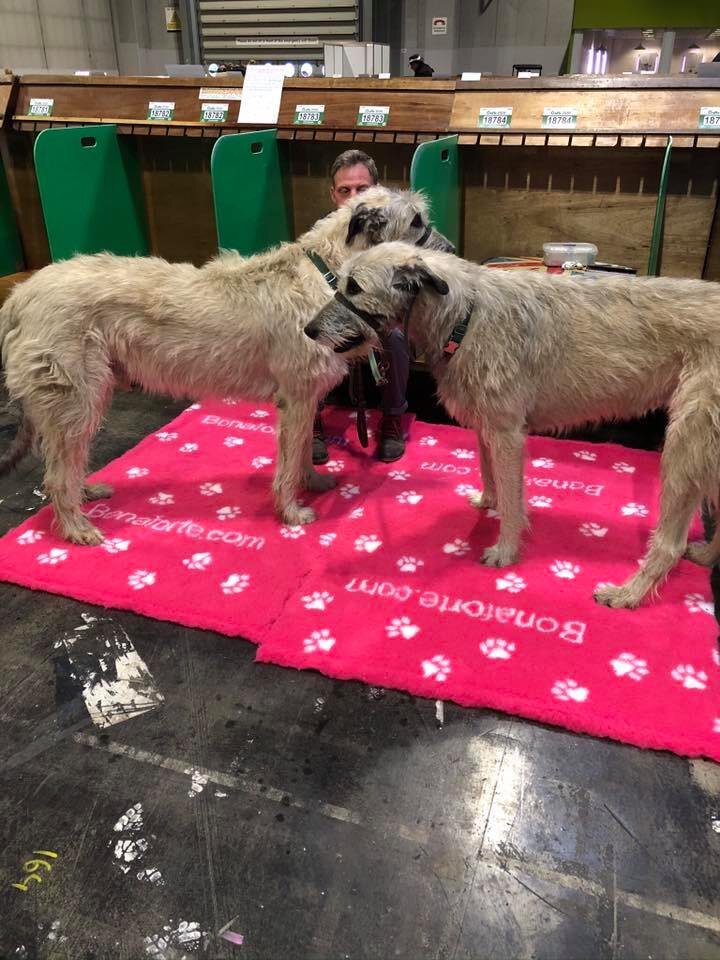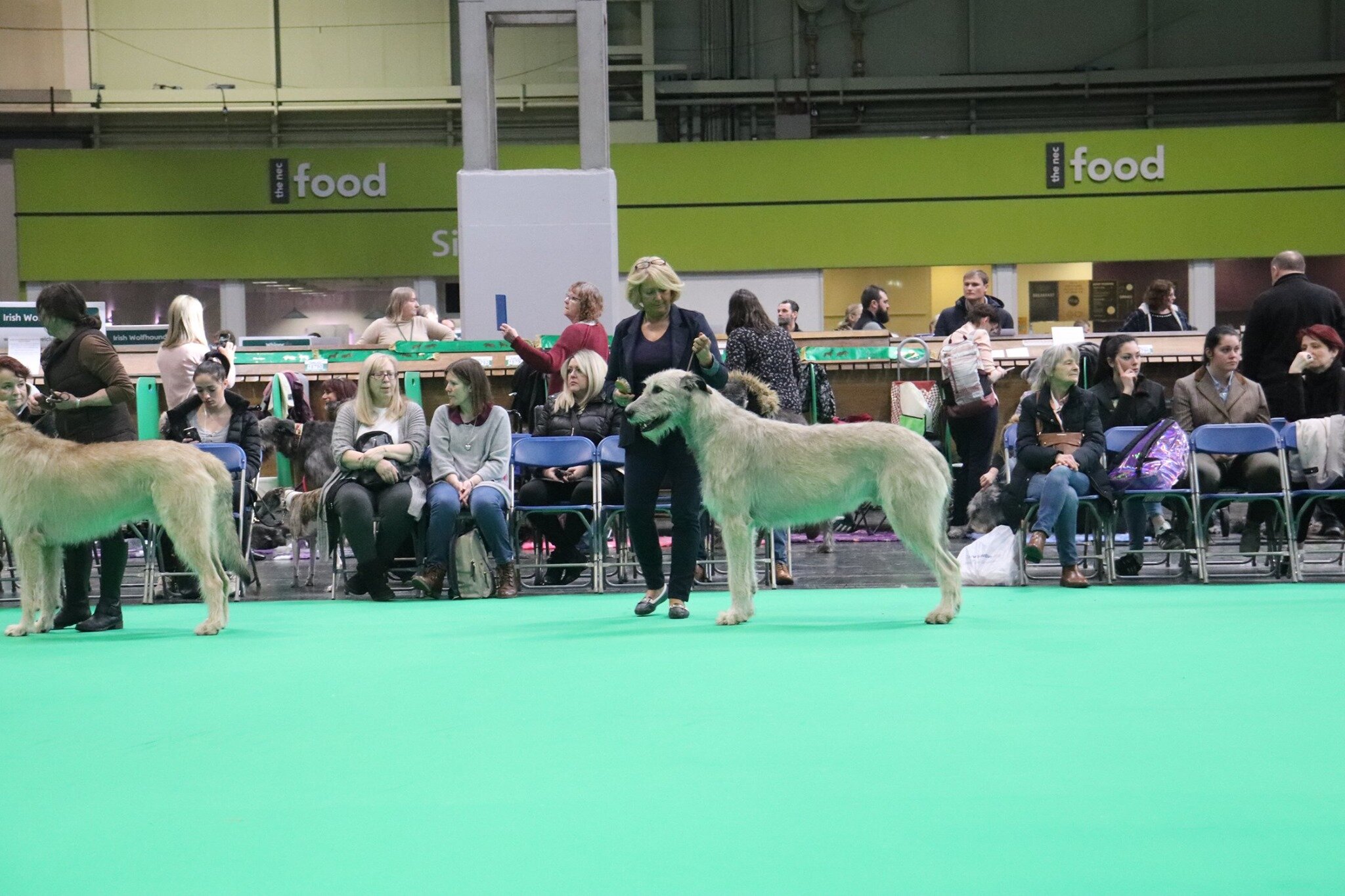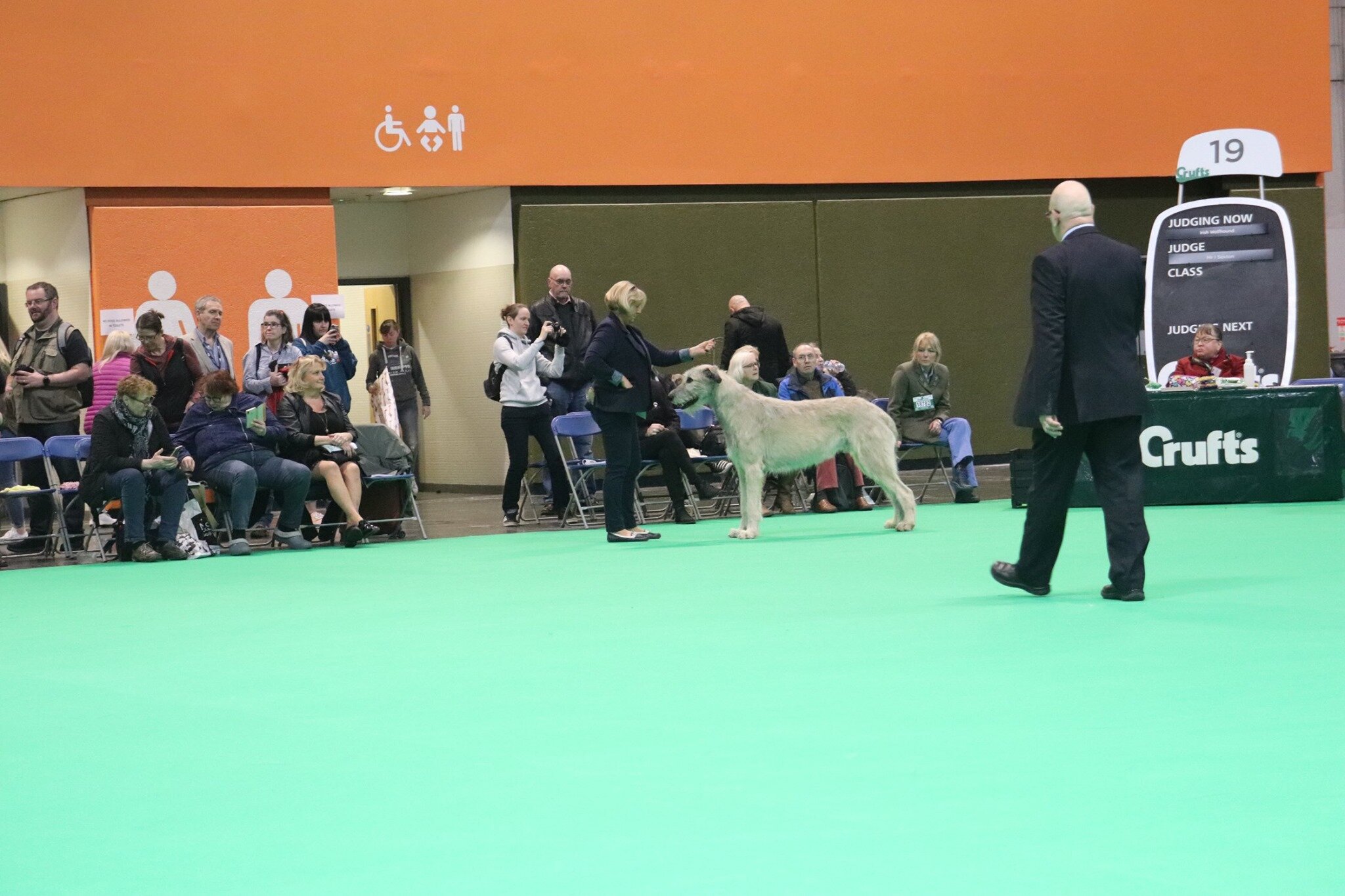Norwegian Lawsuit on Dog Breeds and Breeding - The "First" But Not the Last?
Author: Brenda N. Bonnett, DVM, PhD; CEO IPFD
Abstract
The Norwegian Society for Protection of Animals (NSPA) is suing selected breeders, clubs, and the Norwegian Kennel Club for not following the country's animal welfare law; the Norwegian court has agreed to hear the case. One goal is to achieve a clearer interpretation of the language of the law. While the NSPA's motivation behind this approach is understandable, i.e., a frustration with a lack of progress on health issues by breeders and clubs over over the last 2 decades, looking for a legal 'fix' for the complex problems around dog health and welfare, dog breeding, breeds with extreme conformation, and human-dog interactions is not ideal and will likely result in unintended consequences. The dog breeding community needs to address the challenges and potential solutions, however, there are many other stakeholders who also must take responsibility including consumers, veterinarians, regulators, the pet industry, and more. Unilateral actions are unlikely to achieve the wider goals. This article outlines this Norwegian situation and builds on our previous document Reframing Discussions Reframing Current Challenges Around Pedigree Dogs: A Call for Respectful Dialogue, Collaboration, and Collective Actions.
The Situation
The Norwegian Society for Protection of Animals (NSPA) has taken legal steps towards selected breeders, clubs, and the Norwegian Kennel Club to have the content and limits of the animal welfare law interpreted by the Norwegian courts. (See: https://www.dyrebeskyttelsen.no/aerlig-talt-english/the-first-lawsuit-updates/ )
"The Norwegian Society for Protection of Animals has brought a case before the Oslo District Court against the Norwegian Kennel Club, the Norwegian Cavalier Club, the Norwegian Bulldog Club and six breeders of English bulldog and Cavalier King Charles Spaniel."
"The NSPA is of the opinion that these breeds have such major health challenges that further breeding of them is in violation of the Animal Welfare Act section 25." (See details below.)
(Google translation)
Although opposed by the defendants, the Oslo District Court has determined that the case is suitable for judicial review.
norwegian lawsuit graphic.pngThe initiative is promoted by the NSPA as #thefirstlawsuit. It may well not be the last. The graphic on their homepage is powerful - but a bit strange because it uses a breed not included in this lawsuit - the French Bulldog. (See further resources at the end of this article.)
Also powerful are The Owners' Own Stories, especially those that detail that dogs clearly affected with clinical signs of disease were used in breeding. It should be noted that some of challenges depicted are not limited to pedigree dogs, nor necessarily entirely the ‘fault’ of breeders.
The Animal Welfare Act section 25 (the one in which breeders are said to be in violation) specifies (Google translation):
"§ 25. Breeding
Breeding must encourage characteristics which give robust animals which function well and have good health. Breeding, including through methods of gene technology, shall not be carried out in such a way that it: a. changes genes in such a way that they influence the animals’ physical or mental functions in a negative way, or passes on such genes; b. reduces the animals’ ability to practise natural behaviour; or, c. evokes general ethical reactions. Animals with a genetic constitution as cited in the second paragraph shall not be used for subsequent breeding."
It will be interesting to see how the courts interpret the language and the law. Some countries’ laws mention clinical abnormalities as precluding animals from being used in breeding. To veterinarians this seems to be a rather obvious good idea. As presented elsewhere in blogs and articles on DogWellNet.com (see further resources, below), one of the disconnects between many dog breeders and some cynological organizations vs. welfare groups and veterinary organizations is the extent to which common attributes of certain breeds have been 'normalised'. Owners will often say, "Oh, this is normal for this breed." when someone comments on breathing difficulties (e.g., snorting, snoring), heat intolerance, and even fainting. Obviously, some conditions, including the spinal conditions in French Bulldogs as depicted in the graphic, may occur frequently in a breed, but they are certainly not 'normal' for dogs. This type of misunderstanding may lead to current owners not seeking appropriate care or treatment for their dogs. Importantly, avoiding or denying these challenges is also a deterrent to good communication across stakeholder groups, something that is necessary to resolving complex problems that involve not only the dogs, but the human equation as well, i.e., attitudes and behaviours of owners, breeders, and, increasingly, society, in general. See, e.g. Reframing Current Challenges Around Pedigree Dogs. (Further resources, below.)
Is the best place to resolve these issues in the courts?
Almost certainly not. However, as many experts have warned over many years - if the dog breeding community does not take responsibility and make substantive changes, others will tire of waiting and take other steps.
"The court case is a result of several years of work to improve the health of purebred dogs. Together with other involved parties we have worked continuously on this issue for more than 20 years. Through our dialogue with the Norwegian Kennel Klub, it has become evident that we have very different understandings of what constitutes acceptable animal welfare and legal breeding of pedigree dogs. Therefore, it is important that the court interprets the content and limits of the breeding provision in the Animal Welfare Act, says Åshild Roaldset, veterinarian and CEO of the NSPA."
After many years of consulting and research with the pet industry, kennel clubs, veterinary organizations, and breeders, I wanted to say that the situation encompasses much more than a simple disagreement on "what constitutes acceptable animal welfare and legal breeding of pedigree dogs". For example, to point out that attitudes and actions are compromised by deeply held personal beliefs, traditions within dog show world culture. And, even individual veterinarians have often been loath to take substantive steps towards denying the normalization, especially with individual dog owners who are incredibly attached to their pets. This may be why we have seen petitions from veterinary organizations, perhaps more so that individual actions. These contributing factors, and more, are addressed in the Reframing document linked above (and below).
However, despite my qualifying attempts above, obviously, "what constitutes acceptable animal welfare" lies at the heart of it. Anyone who 'loves' and respects dogs surely cannot disagree that every individual should be able to see and breathe without impediment, to move freely, and to exhibit and engage in appropriate (normal) dog behaviour. Regardless of breed they are – or should be – first and foremost dogs. And yet, there continues to be a hesitancy, from some individuals and organizations, to admit the problems in certain breeds or to take substantive actions. There is a disconnect or difficulty in achieving agreement on what is acceptable or unacceptable and in finding a balance in between, e.g., emerging societal demands for dog health and welfare and satisfying what people want.
In response to the lawsuit, the Norwegian Kennel Club says:
“We are all concerned that dogs are healthy and well. NKK, breed clubs and breeders all have as their main goal to breed healthy dogs, who can live long and healthy lives for the benefit of themselves, their owners and society.”
I have discussed this topic in several blogs lately (see additional resources, below). Kennel Clubs and breeders do say that health and longevity are their goals; however, their actions do not always bear that out. The Norwegian Kennel Club has been proactive in health programs for many years, but uptake varies and for some breeds improvement is difficult to show. A recent review of records from Pugs registered with The Kennel Club (UK) indicate that 88% of Pug litters were born from dogs not participating in health programs, and only 5 of 563 litters were from dogs who achieved a level on that health program that can positively impact health in the offspring (see Summary of Kennel Club Breed Records: Pug 2020, below). Important to consider it that statistics (if we could get them) for the 70% of dogs in the UK that are produced outside the influence of the Kennel Club can expected to be even lower.
There can be no question, based on studies, data, and quality evidence that dogs of certain breeds are more likely to live with hampered breathing, significant locomotor problems, and compromised vision and that these are associated with the conformation or 'design' of the dogs, aesthetics based mainly on human desires and preferences. Despite my compassion and understanding for those in the pedigree dog world, I totally understand why these problems have increasingly led to legislation and now, legal action.
Points to Carefully Ponder
Before anyone tries to wrap this in a conspiracy theory about campaigners wanting to eliminate dogs, or dog breeding, or even all pedigree dogs we must consider that most such actions are primarily motivated by a compelling desire to protect dogs; and fueled by a frustration with the level of stewardship provided by kennel clubs and their members. However, if the result of lawsuits like this is that breeders are driven away from national kennel organisations oversight and encouragement for healthy breeding will be much less and the situation may well get worse - especially as consumer demand for these breeds will not simply cease and there will be unaffiliated and commercial breeders who continue or increase production.
Collage all dogs (2).png
The diversity of dog breeds provides great benefits to individual people and society and this diversity must be sustained – in so far as it can be done while ensuring adequate health and welfare for individual dogs and the breeds.
It is time for kennel and breed clubs to step up and take full responsibility for the impacts of breeding and to open their minds and culture to the changes that are needed - and needed now. Whereas even the NSPA calls for more studies and use of advanced techniques and genetic testing many of the problems they cite as being of concern could be, initially and immediately, addressed with honesty and common sense. These efforts must be combined with both a ‘Big Picture’ view of the wider aspects of the challenges and with actions by other stakeholders taking responsibility for their own impact on the challenges – including the pet industry, the academic and veterinary world, and the consumers who continue to supply phenomenal demand for dogs with extremes of conformation. Let’s contemplate, self-evaluate, and consider collaborative efforts – for ‘the love of dogs, and for those who truly love and respect dogs’.
Further resources:
• Get a GRIHP! on French Bulldogs - Part of IPFD's presentation of breed-specific Globally Relevant Integrated Health Profiles. Done in connection with articles in the World Small Animal Association Bulletin.
• Blog: Is it "tough talk" or "open dialogue" - and why is it a challenge in the dog world?
• Blog: Linebreeding vs. Inbreeding – Let’s be perfectly clear.
• Blog: The Big Picture - in the Dog World as a Whole and for your next Breeding Decision
• Reframing Current Challenges Around Pedigree Dogs: A Call for Respectful Dialogue, Collaboration, and Collective Actions
• IPFD Research Blog: Summary of Kennel Club Breed Records: Pug 2020 – Cassandra Smith.
Report Entry
Go to articles
Think Globally, Act Locally
User Feedback
0 Comments
There are no comments to display.
Join the conversation
You can post now and register later. If you have an account, sign in now to post with your account.
Note: Your post will require moderator approval before it will be visible.
Guest
Add a comment...
All Activity
Home Articles International Actions Think Globally, Act Locally Norwegian Lawsuit on Dog Breeds and Breeding - The "First" But Not the Last?
Theme Privacy Policy Contact Us
Powered by Invision Community
All materials on this site are the property of their respective authors and may not be reprinted without the author's written permission, unless otherwise indicated. The views and opinions expressed by the authors and those providing information or comments on this website are theirs alone, and do not necessarily reflect the views, opinions or positions of the International Partnership for Dogs (IPFD) or DogWellNet.com. We make no representations as to accuracy, completeness, timeliness, suitability or validity of any information and will not be liable for any errors, omissions, or delays in this information or any losses, injuries or damages arising from its display or use. All rights reserved.
QUICK LINKS
DogWellNet Home
IPFD
Genetic Testing
Breeds
Donate - IPFD
Donate - Harmonization
Disclaimers & Policies
SOCIAL LINKS
DogWellNet © 2014 - 2022




